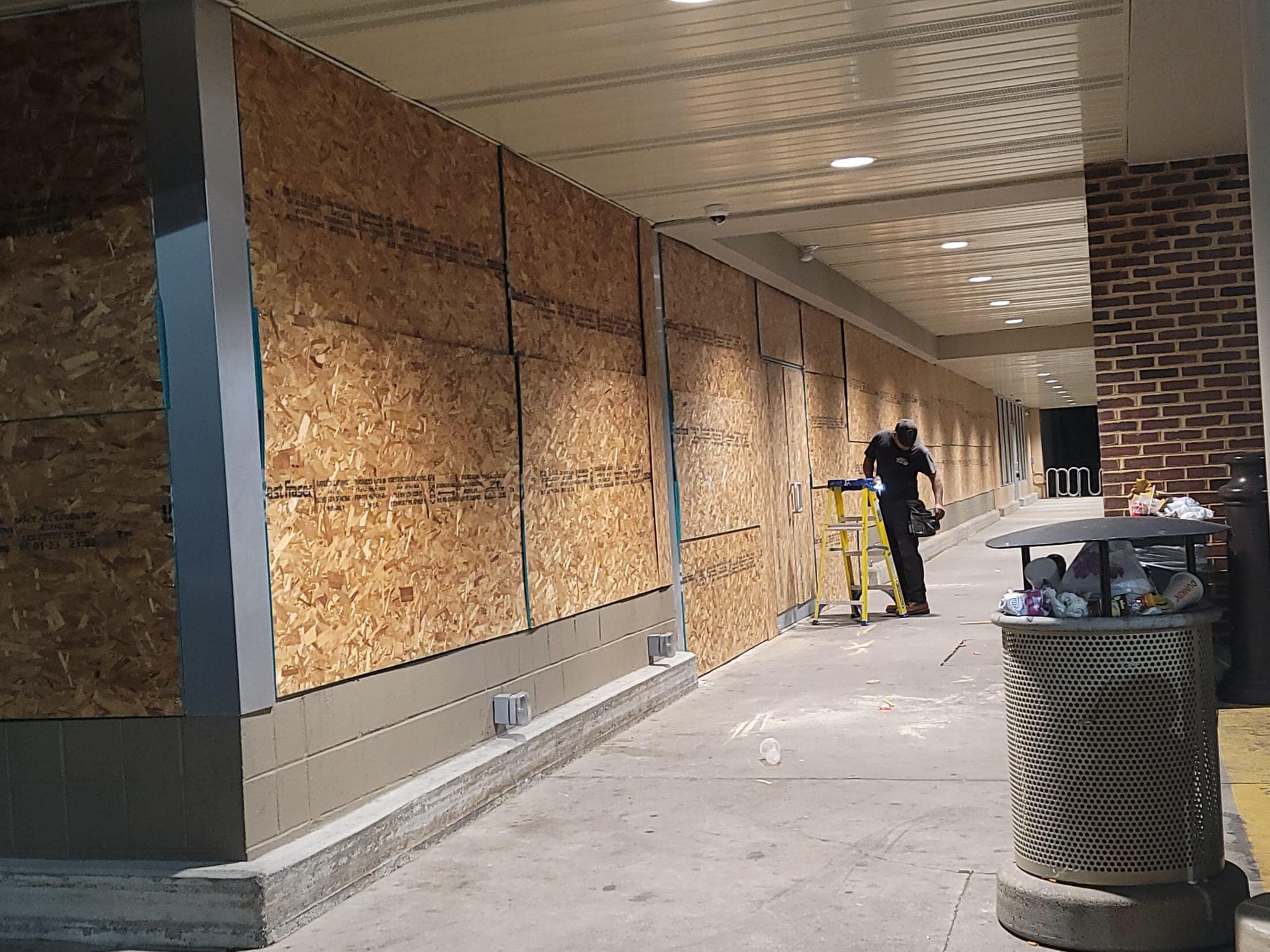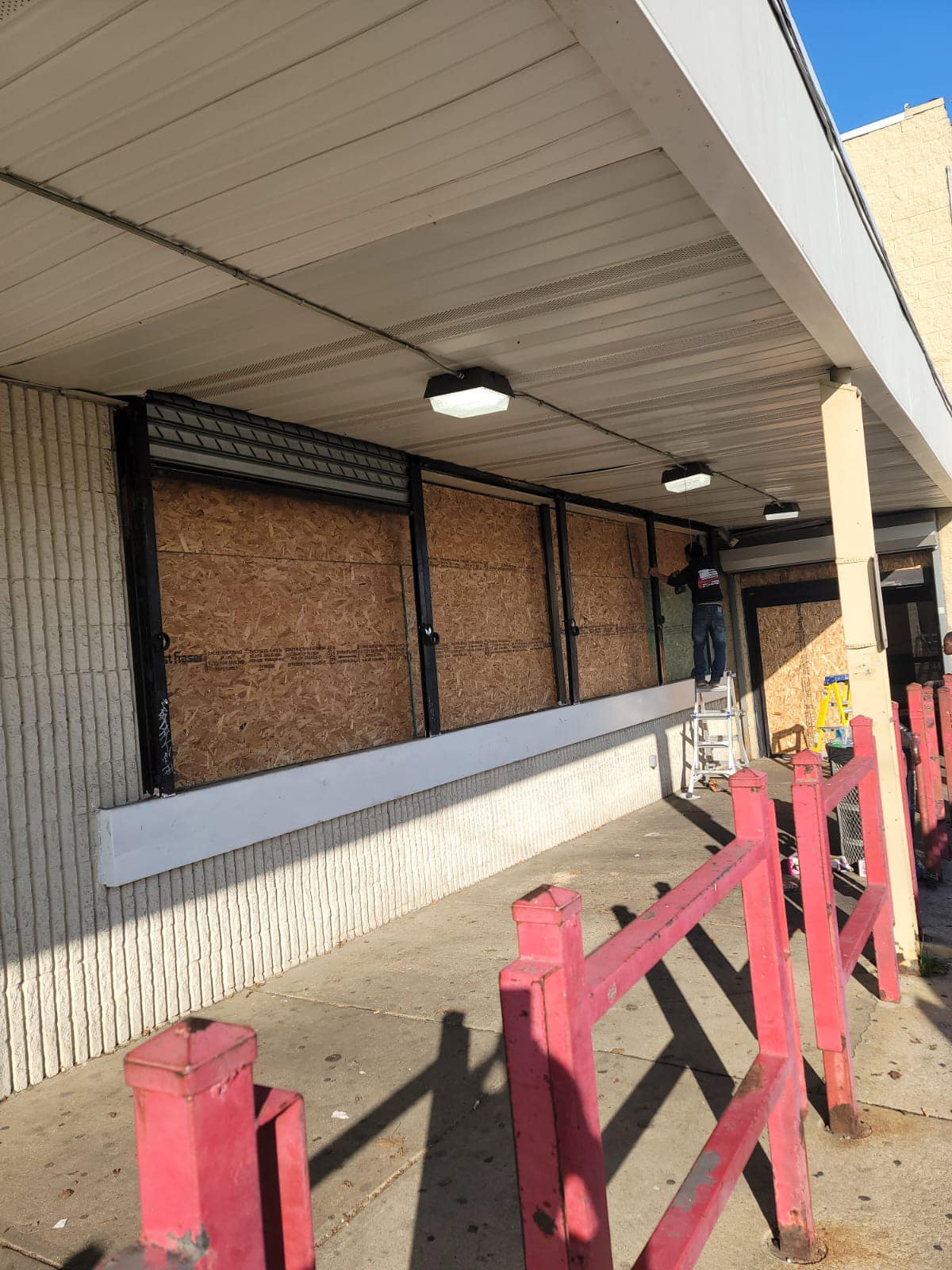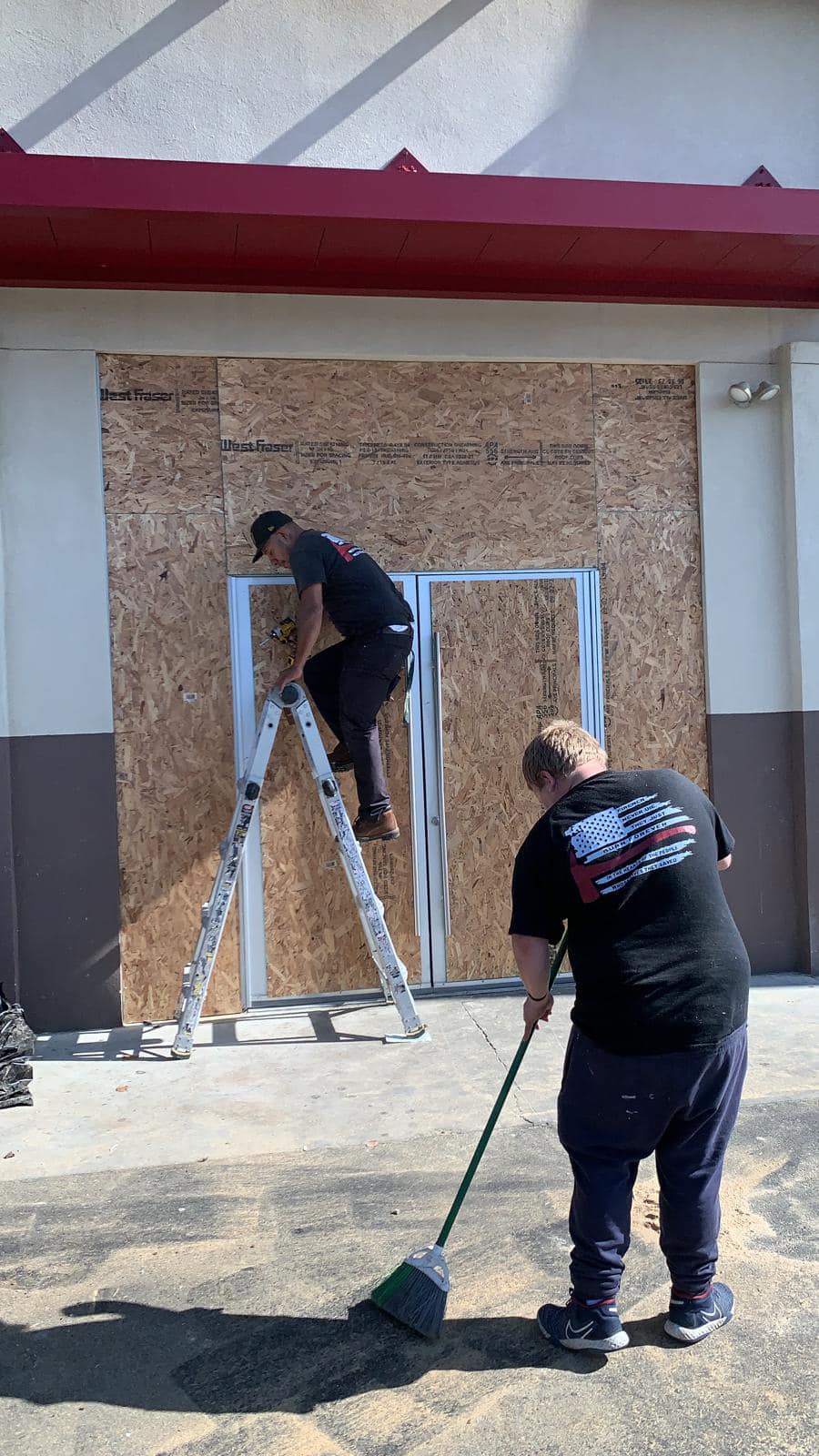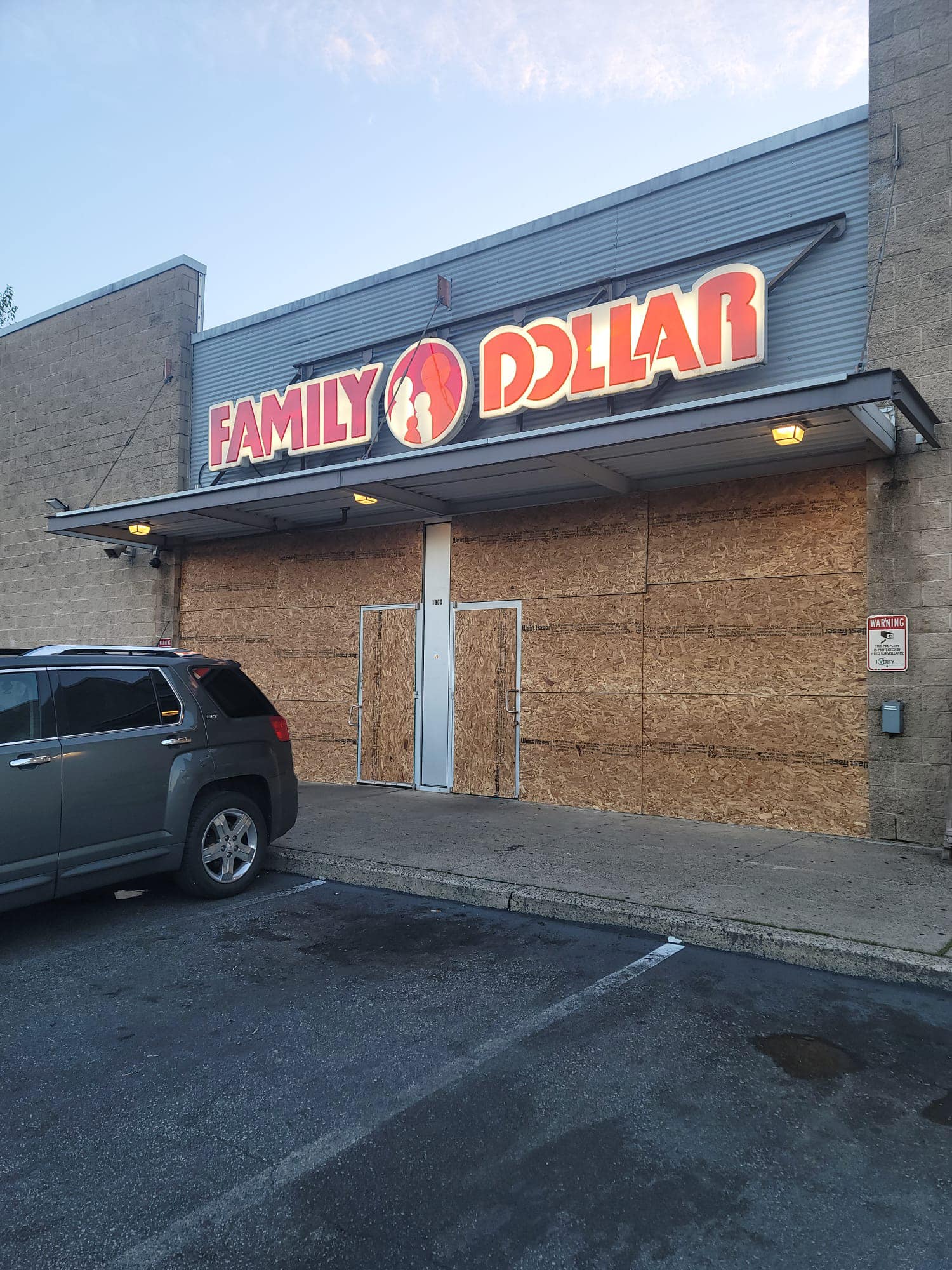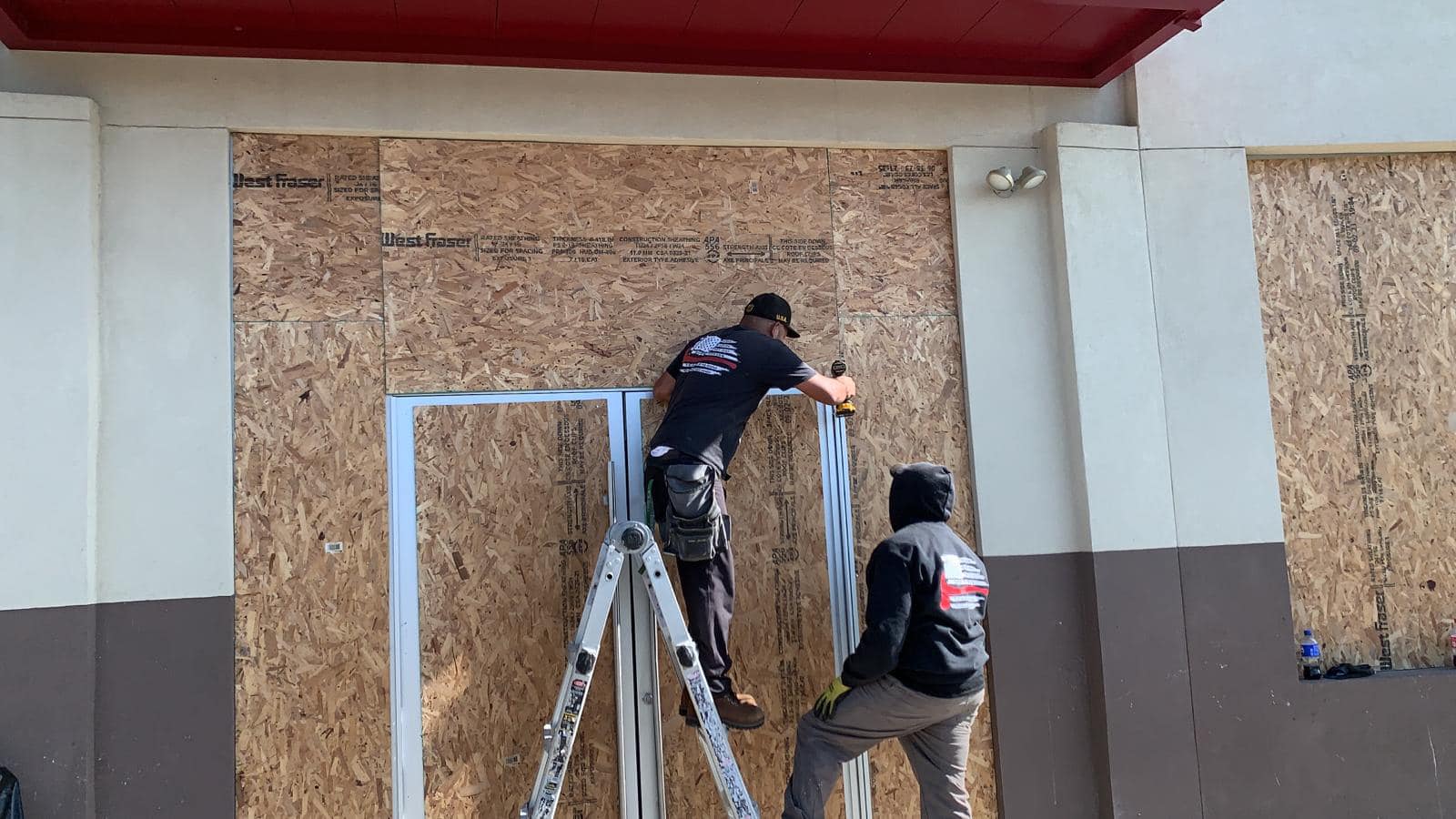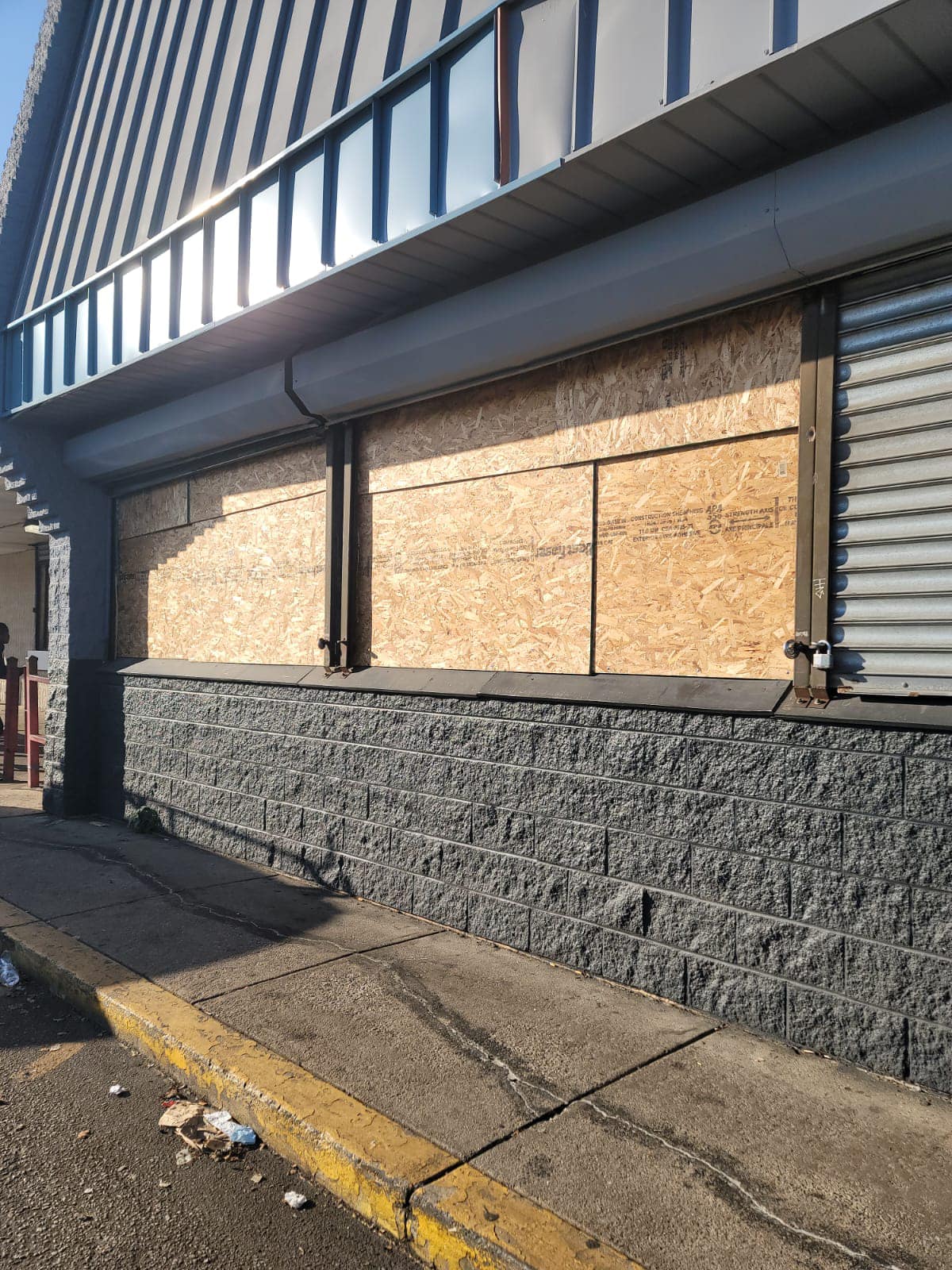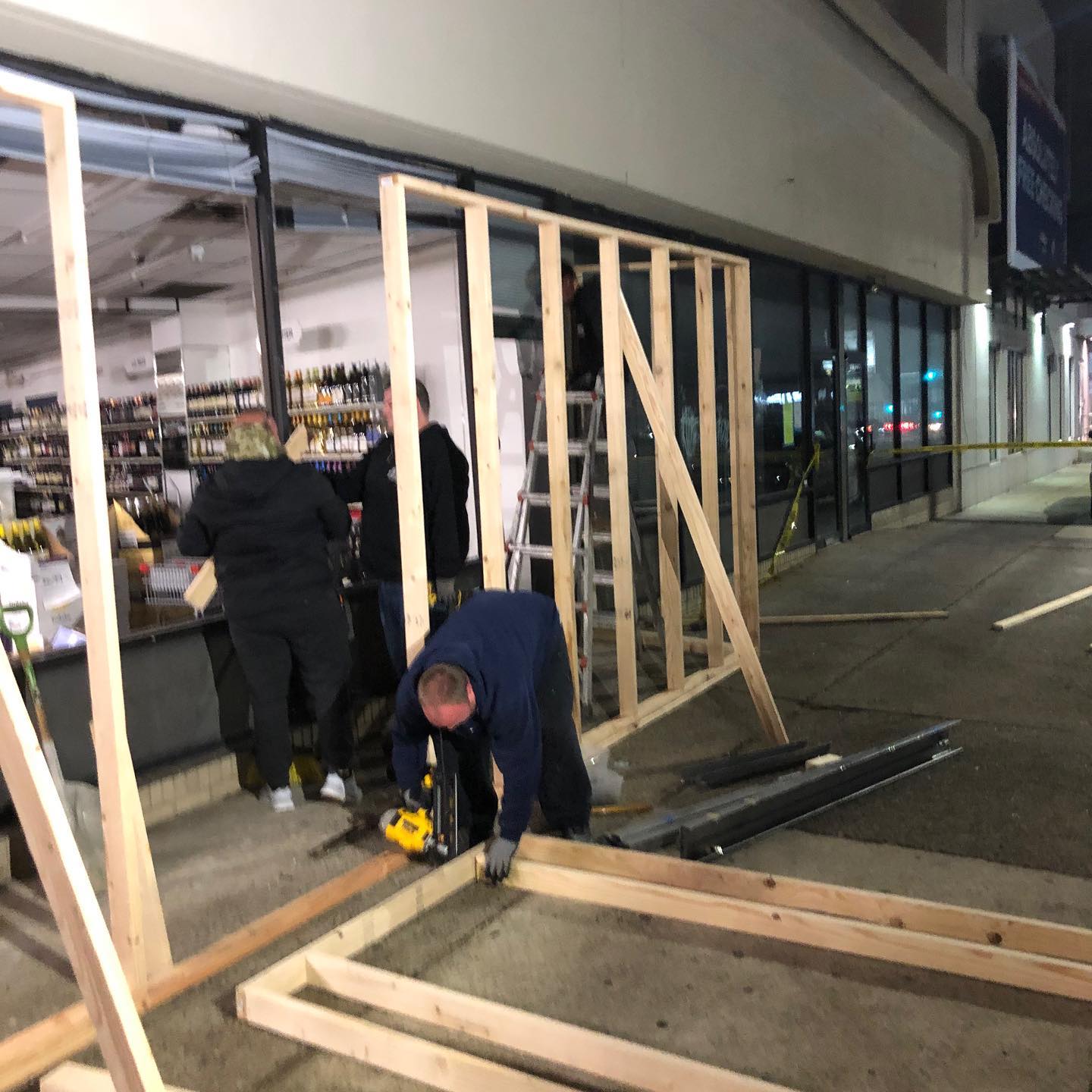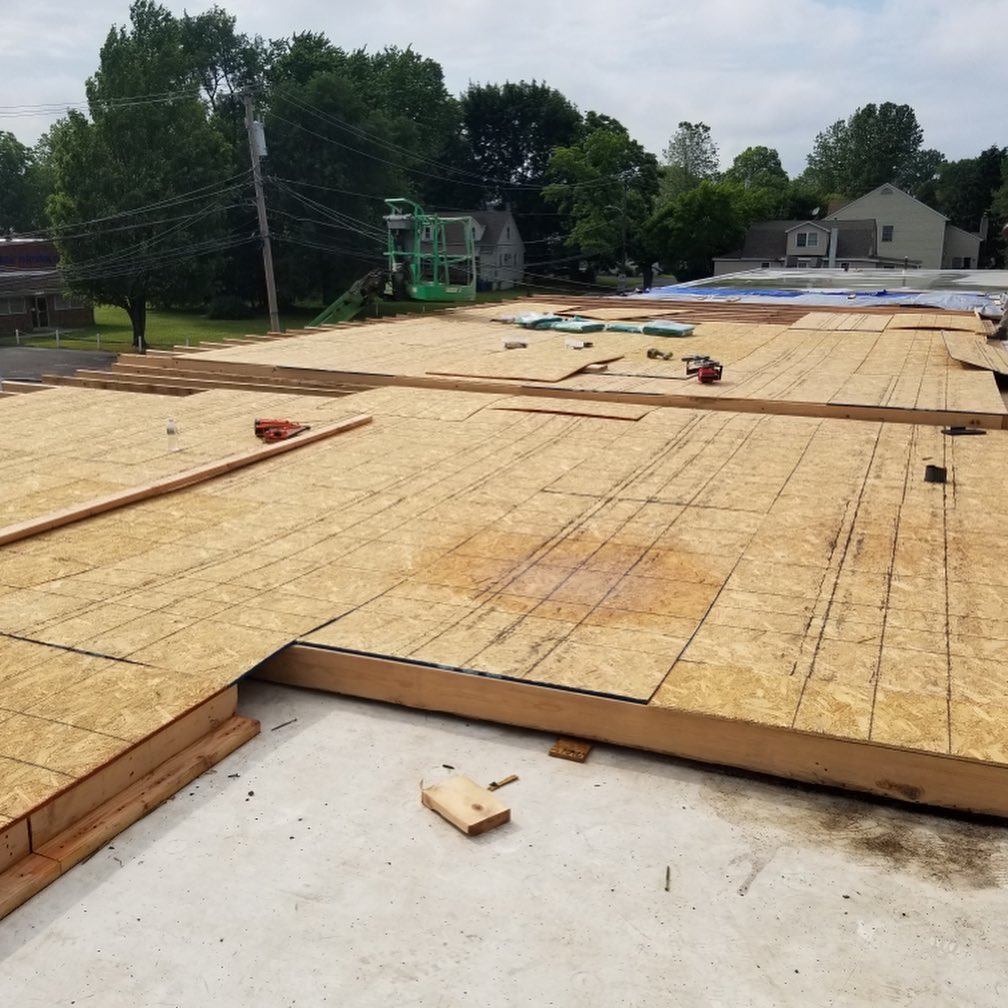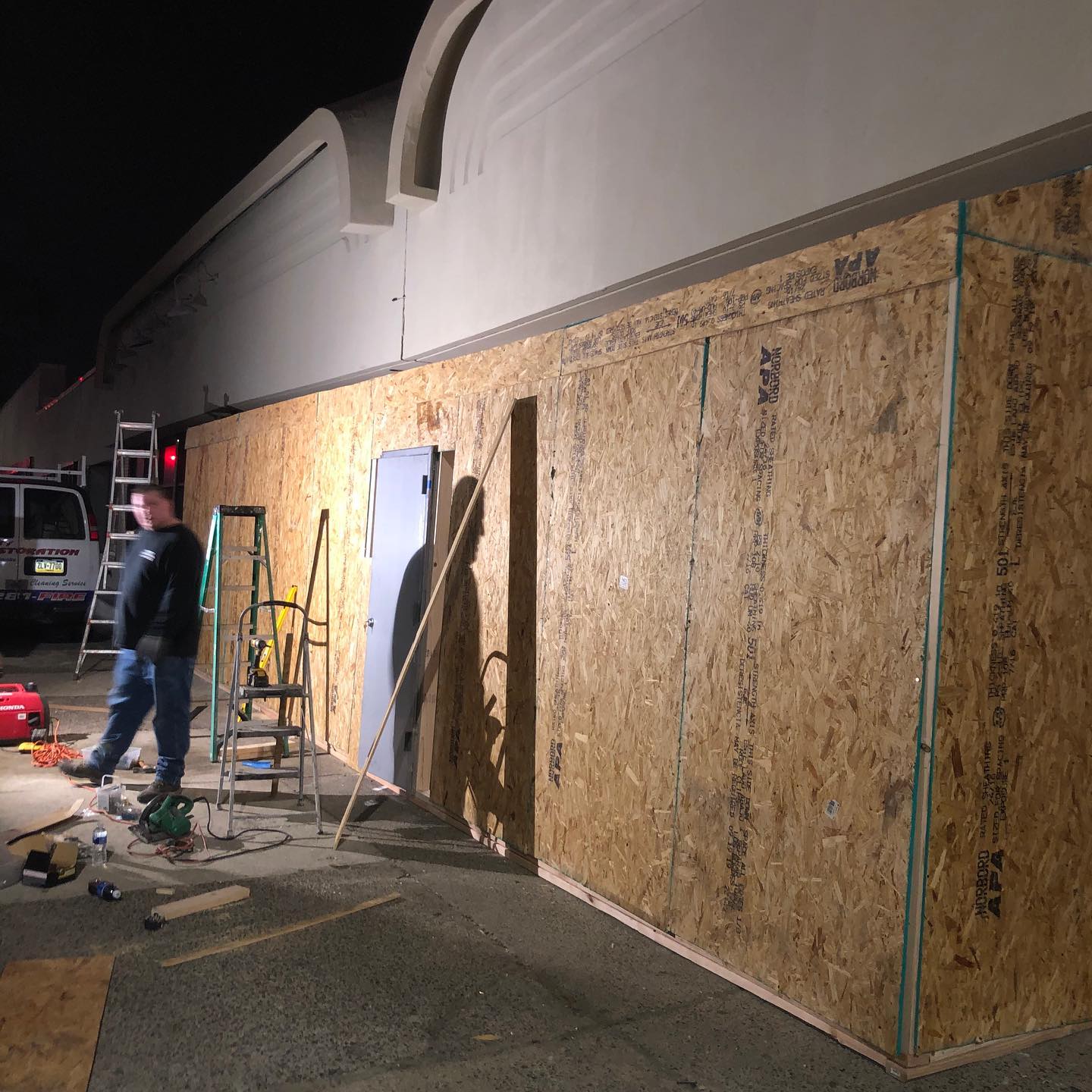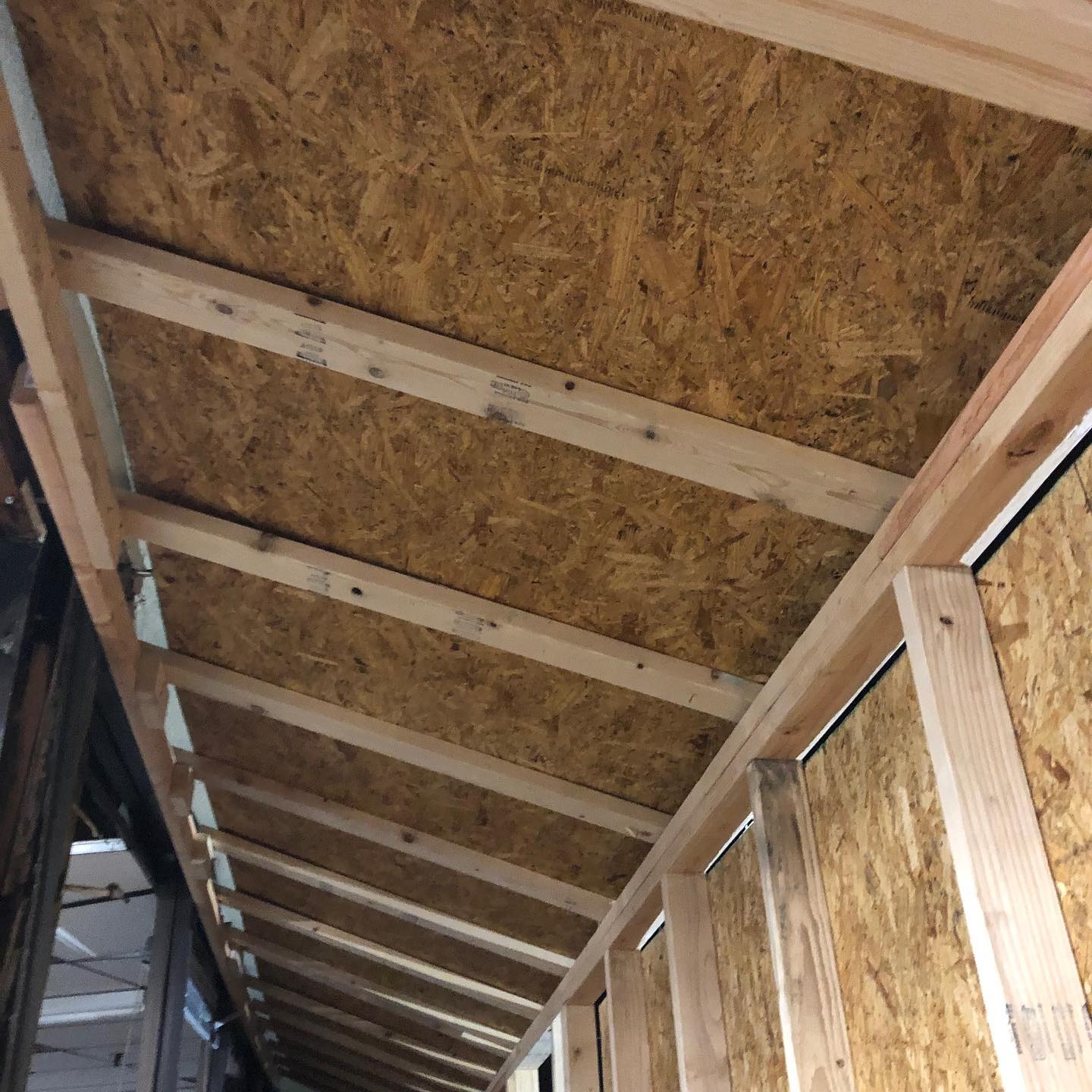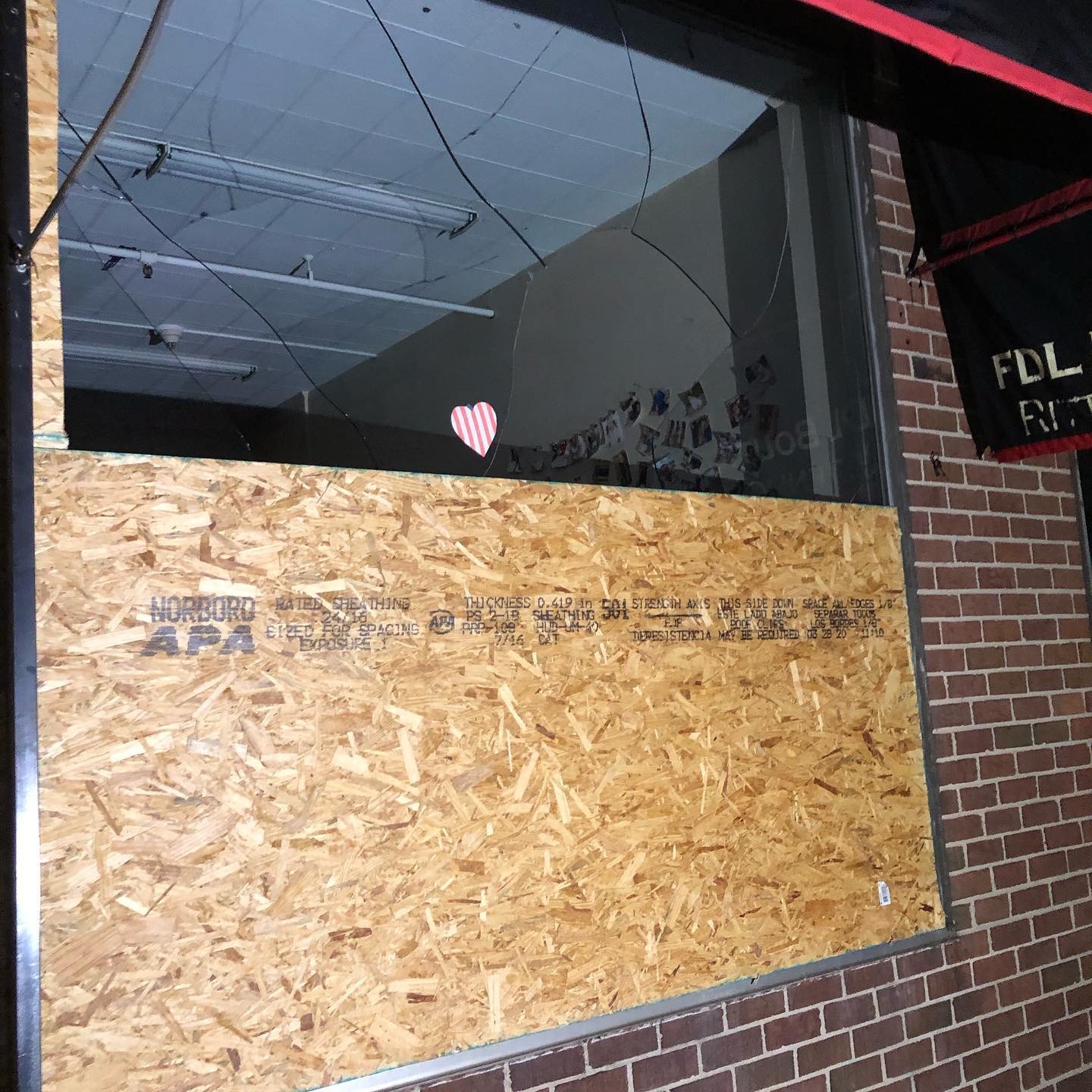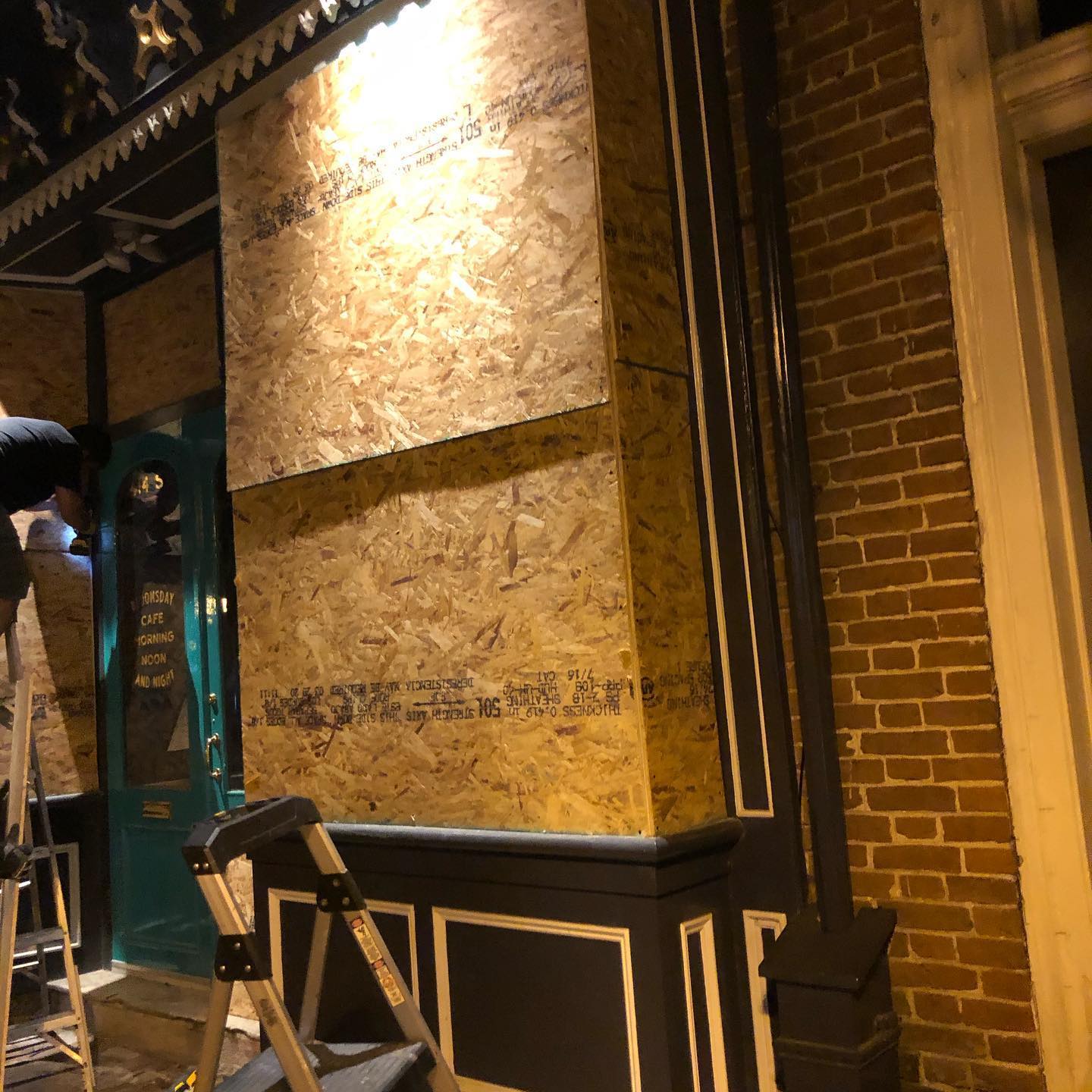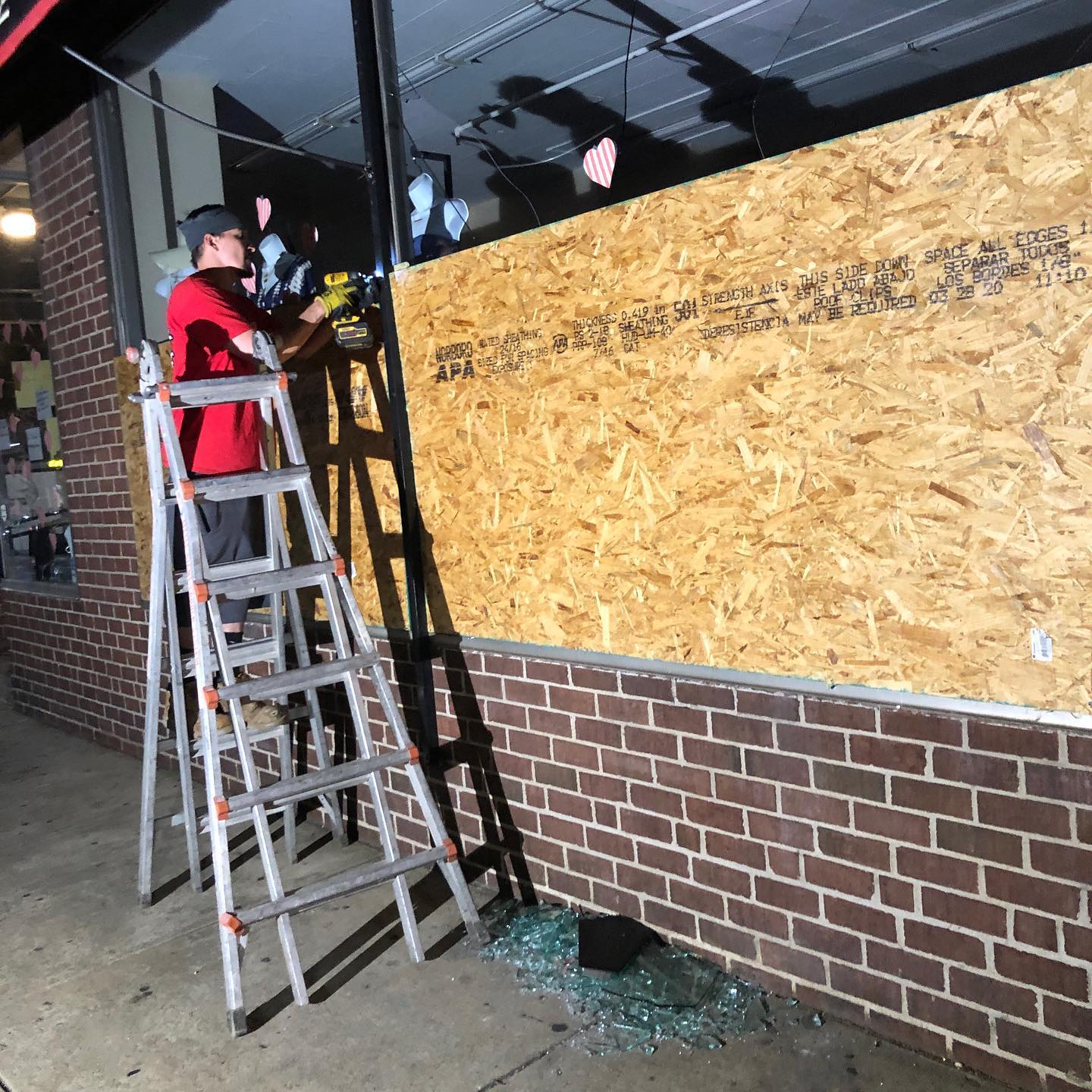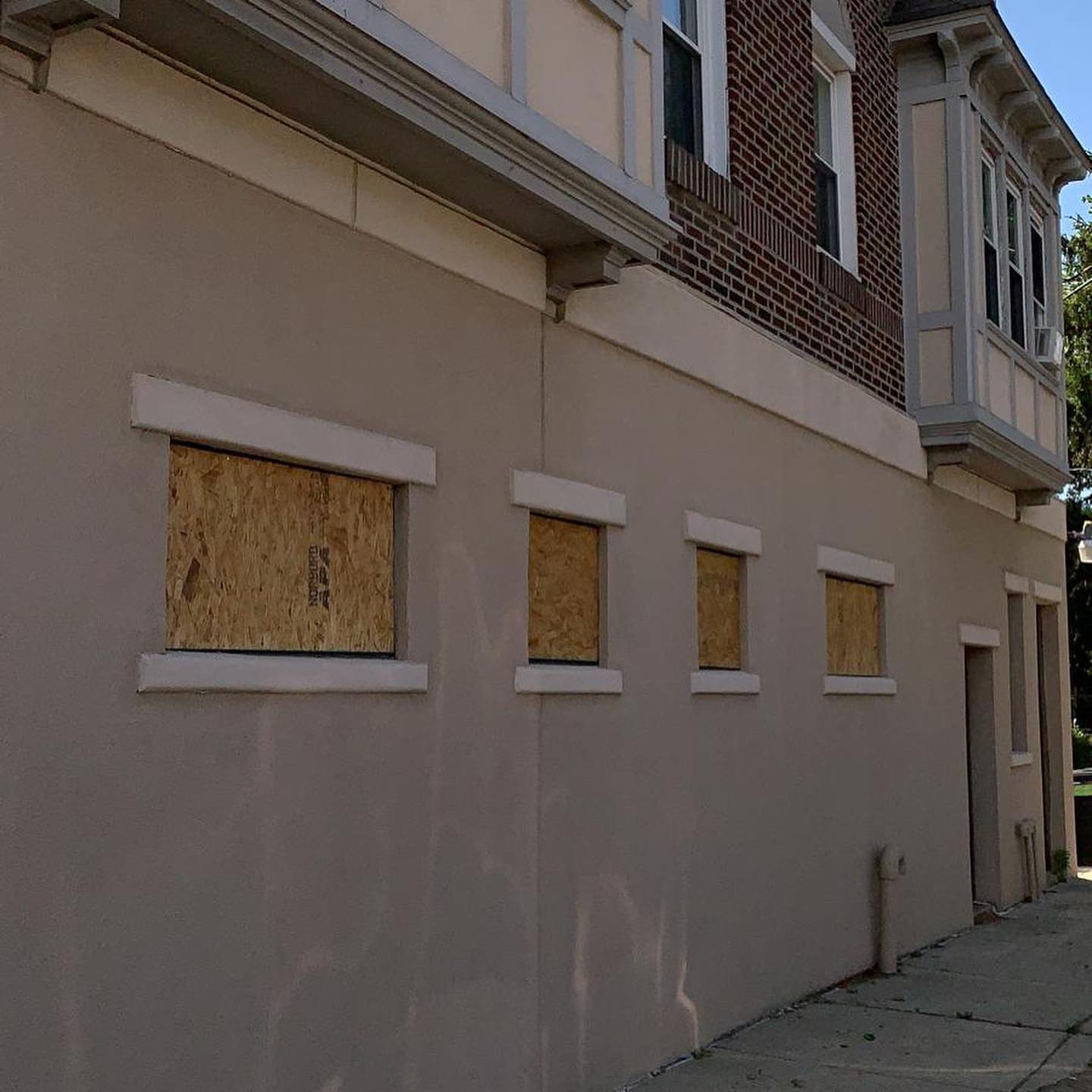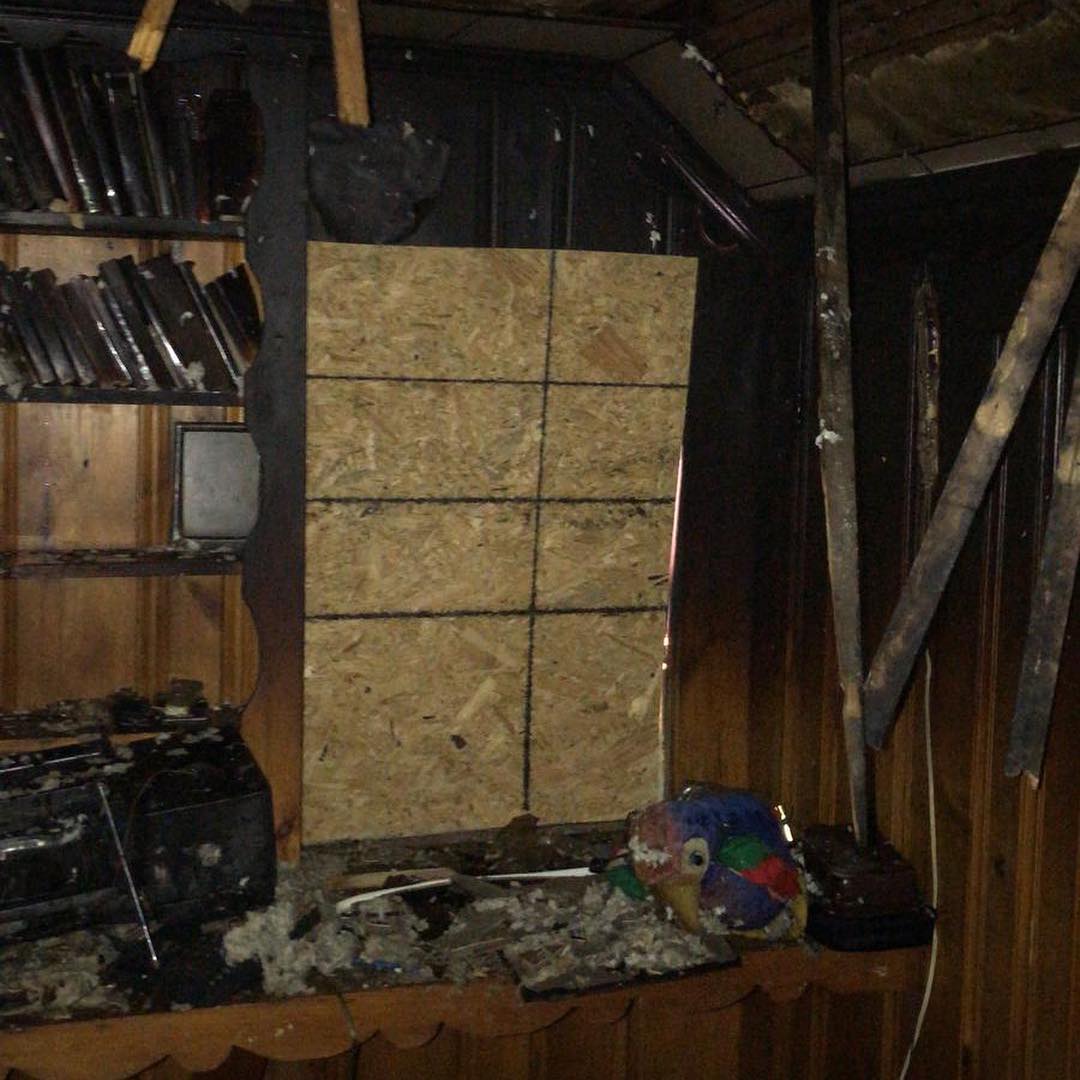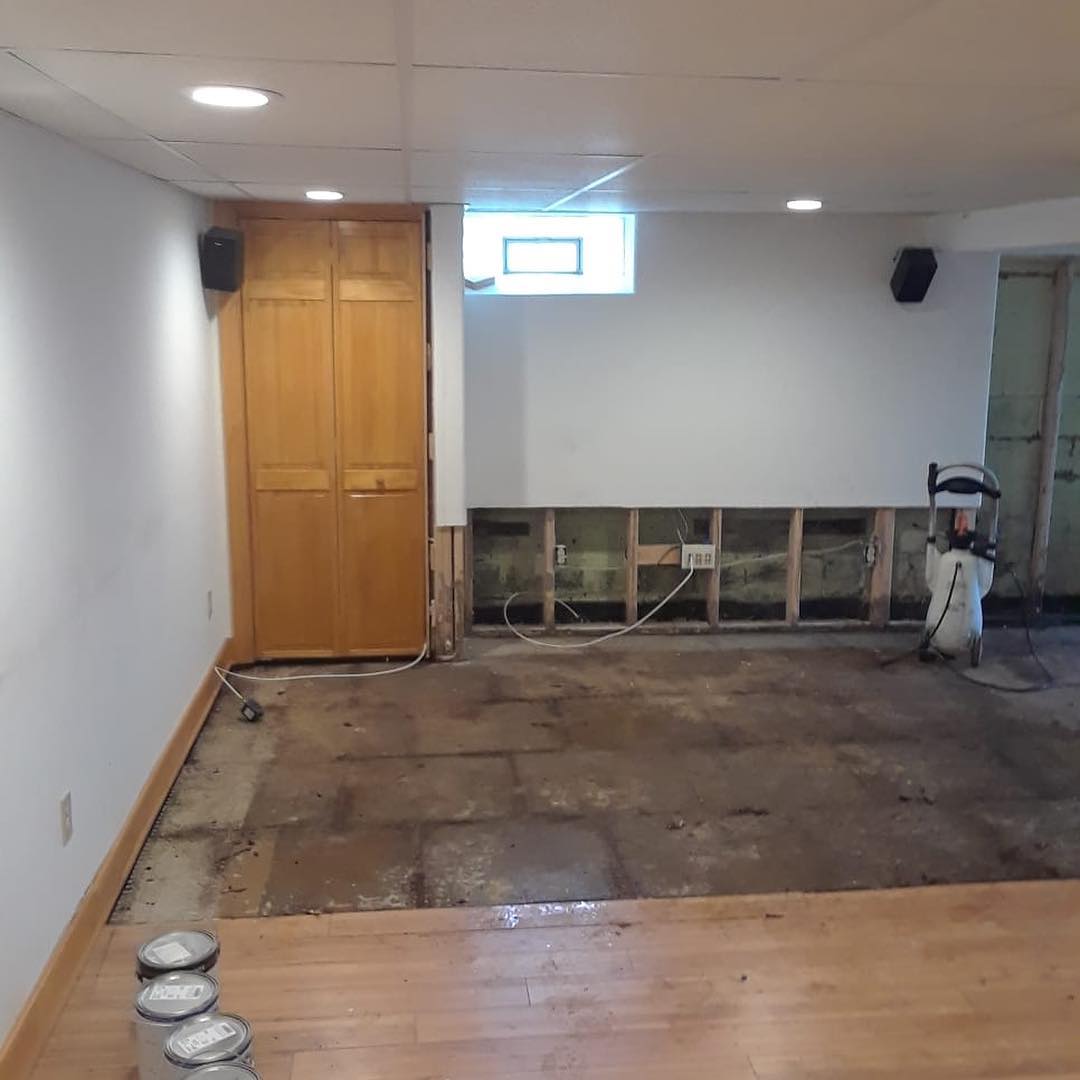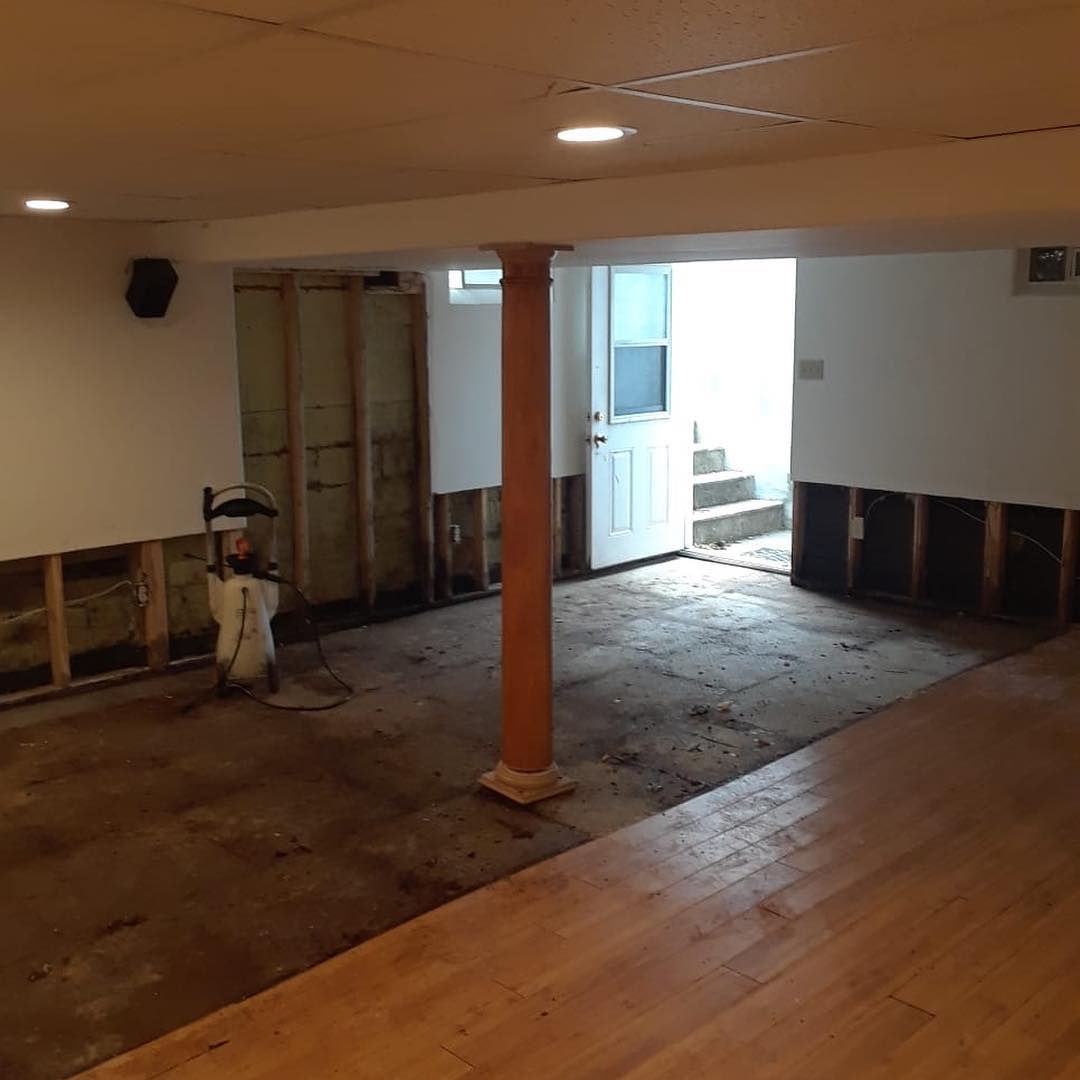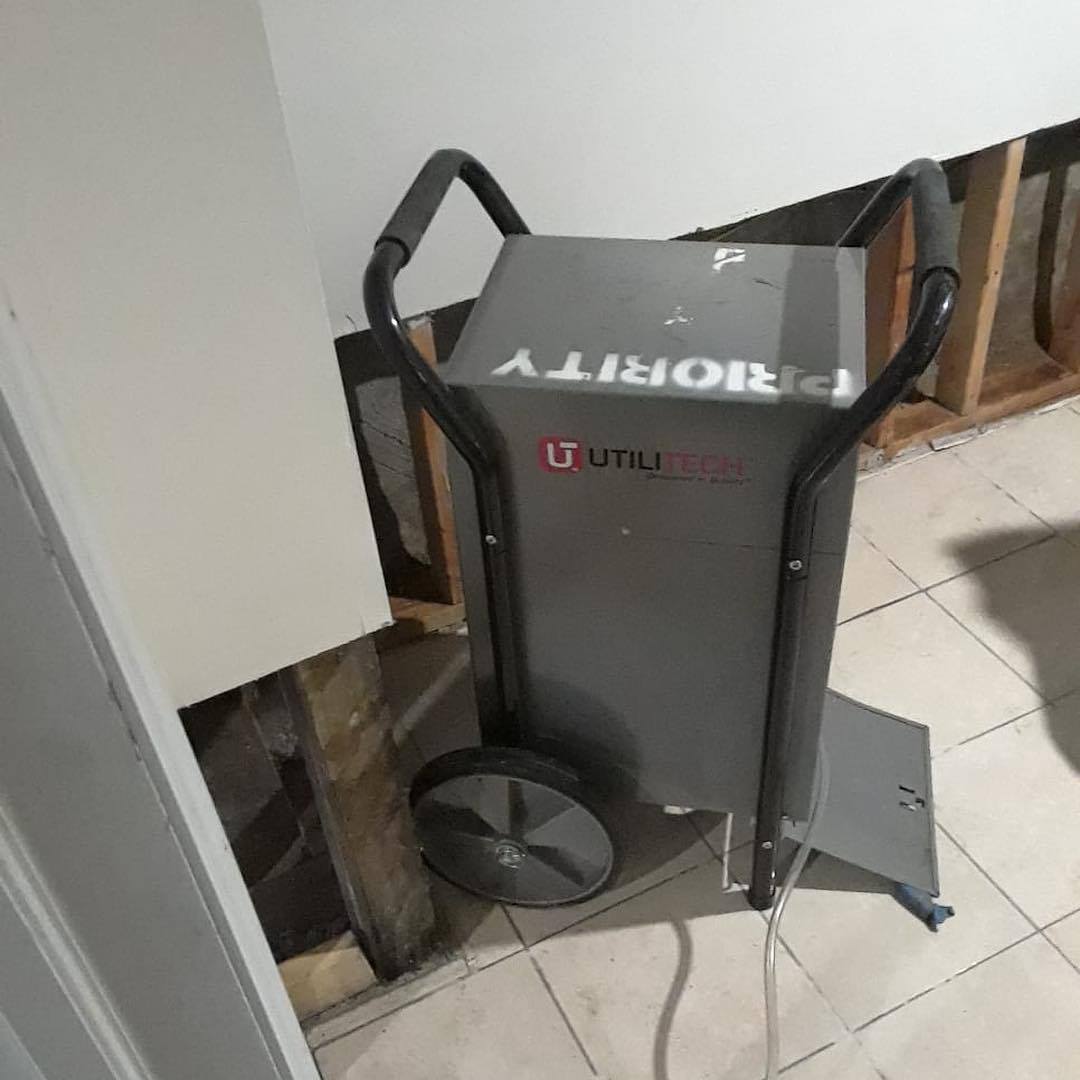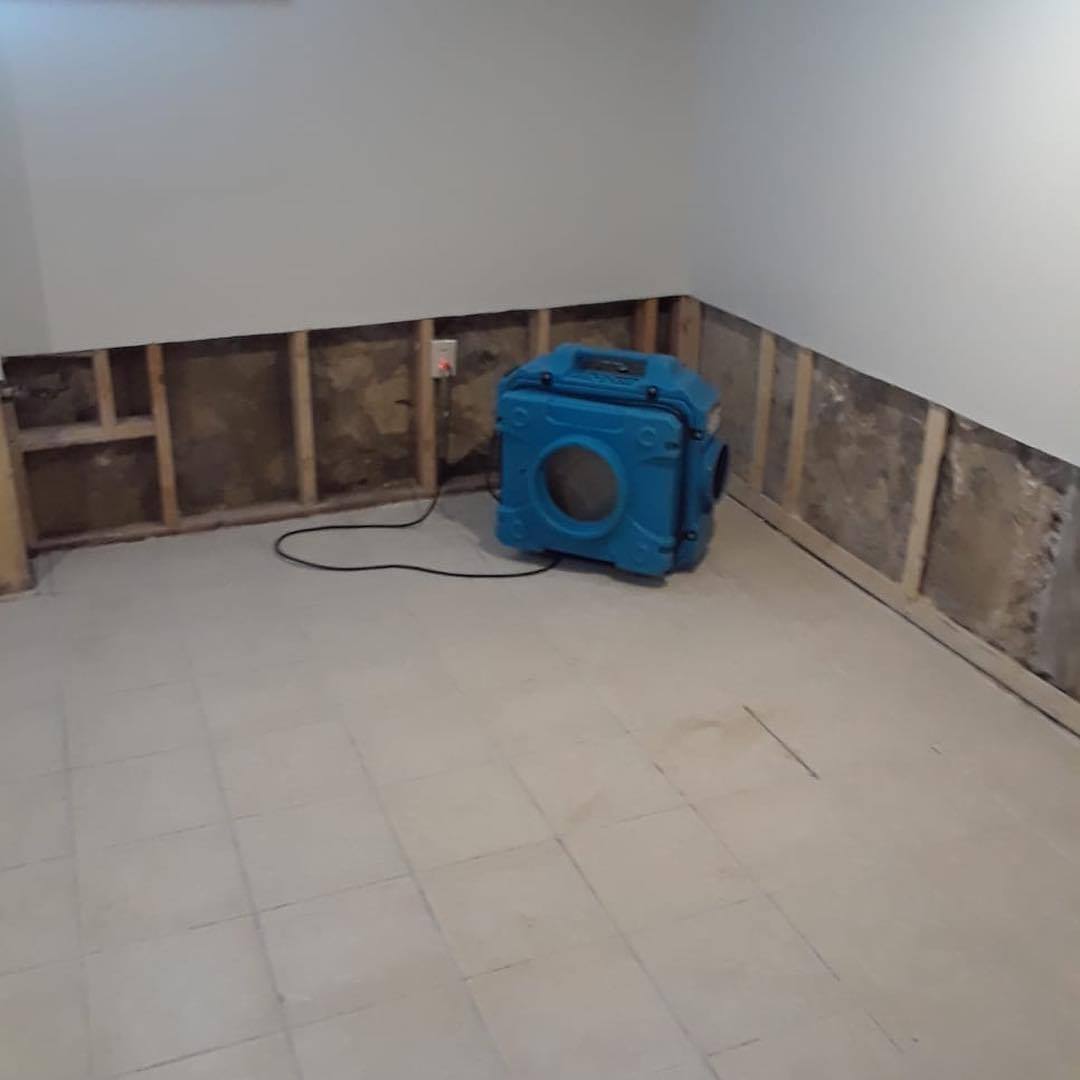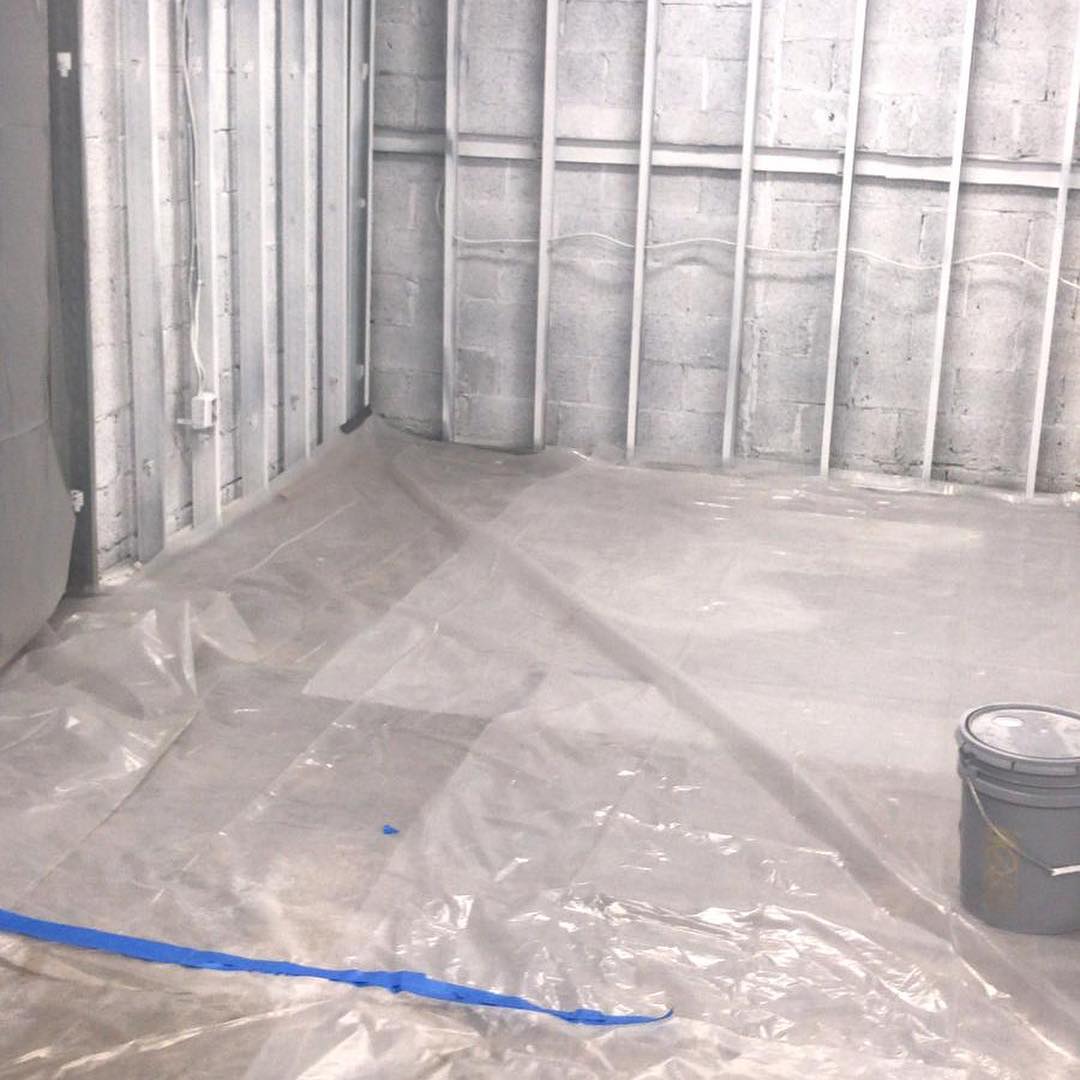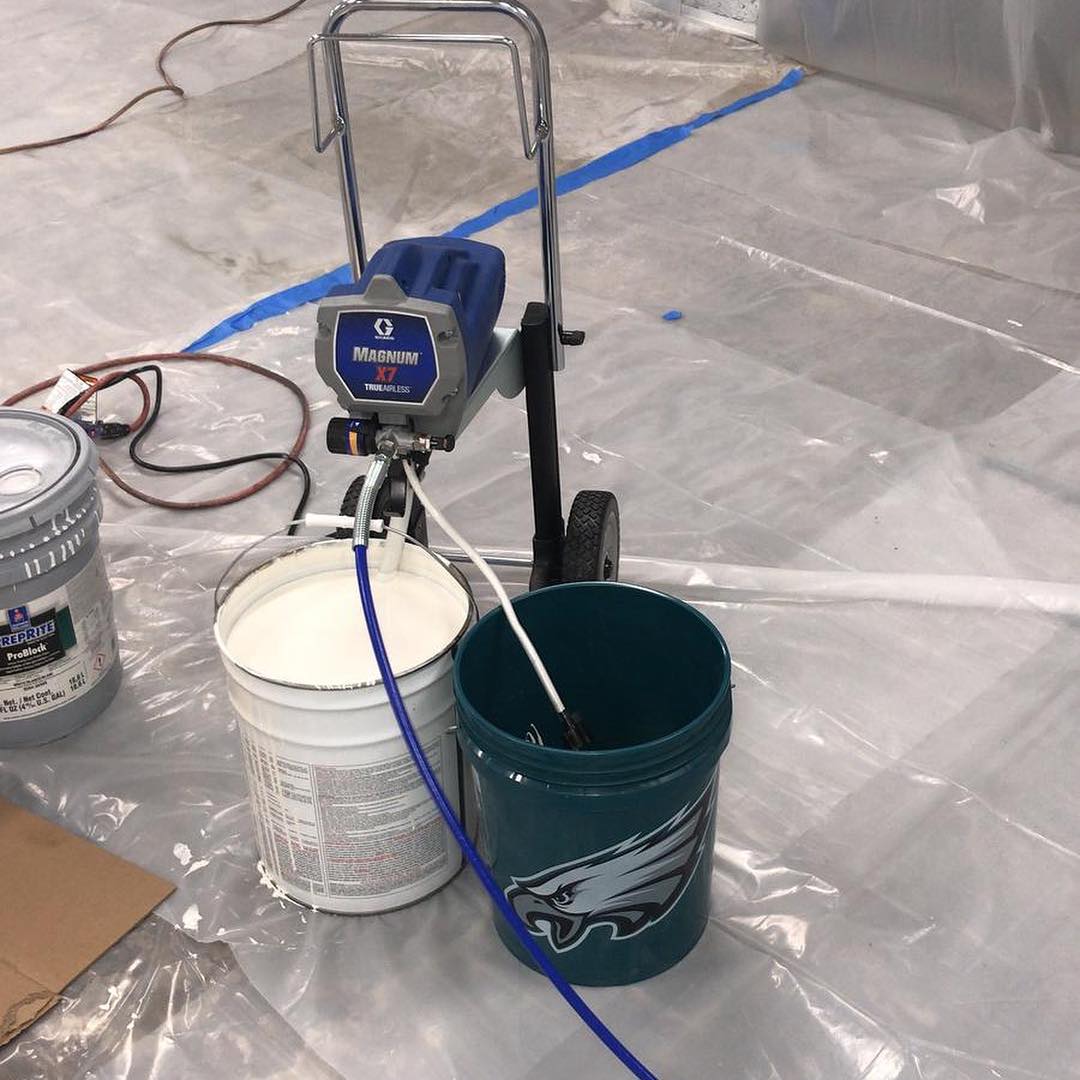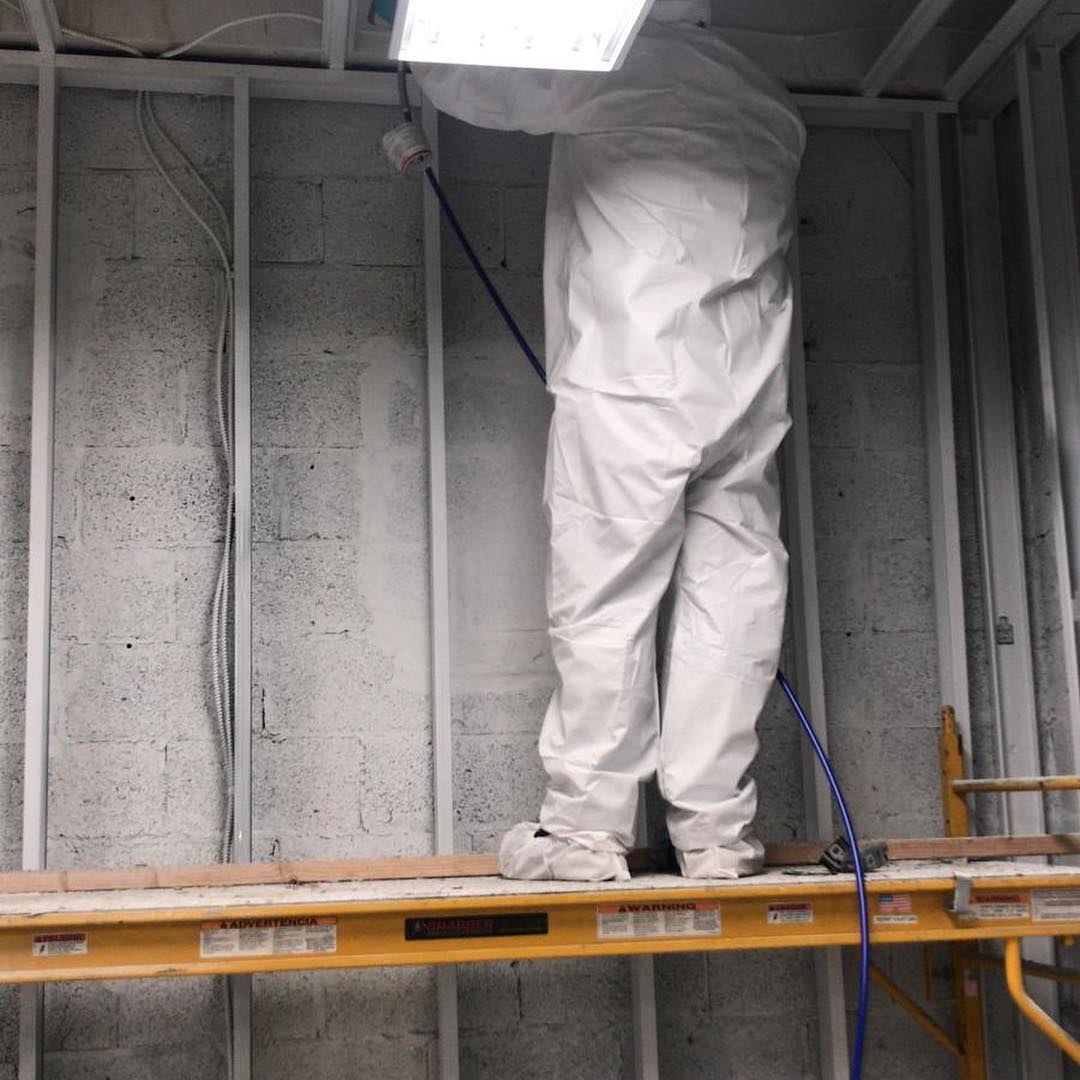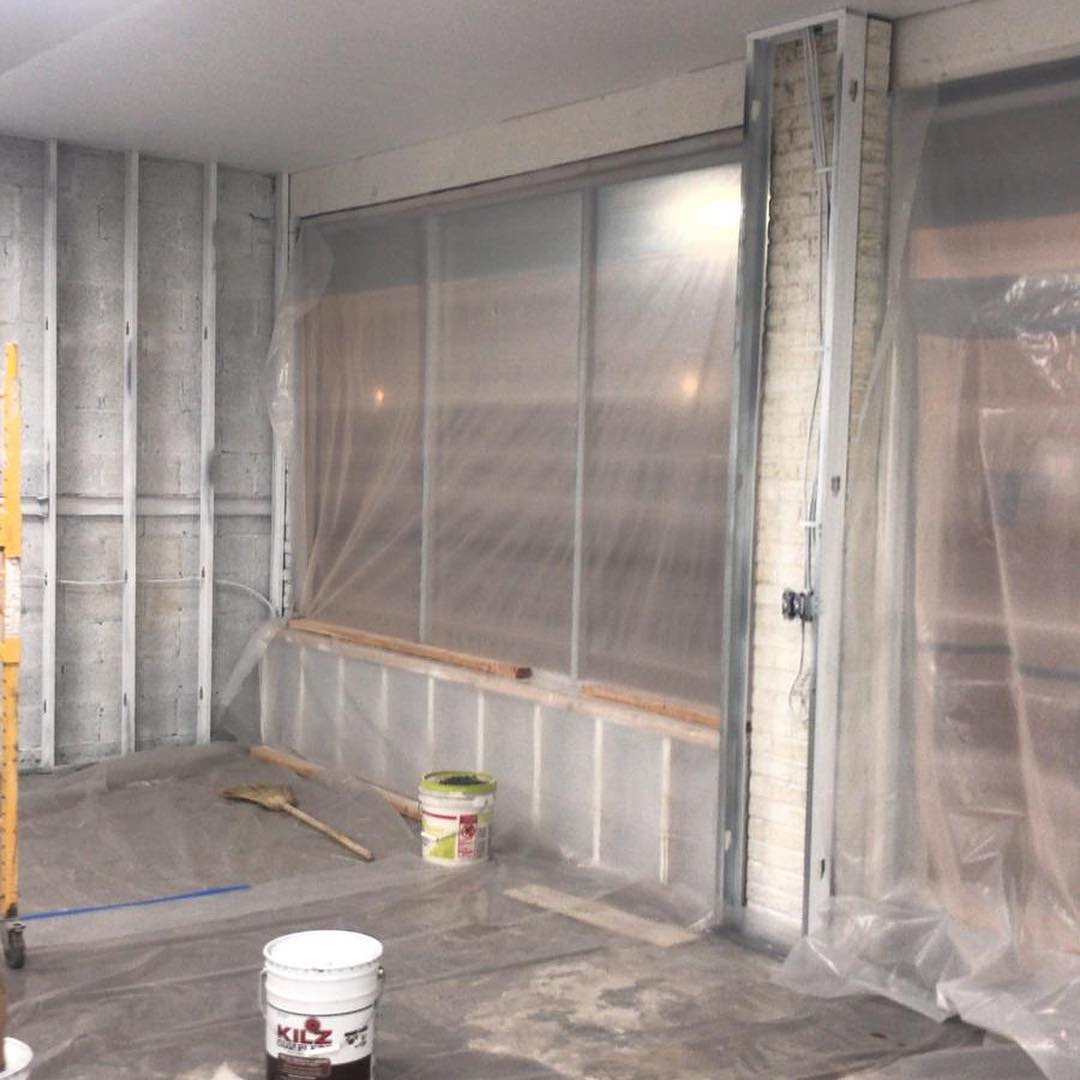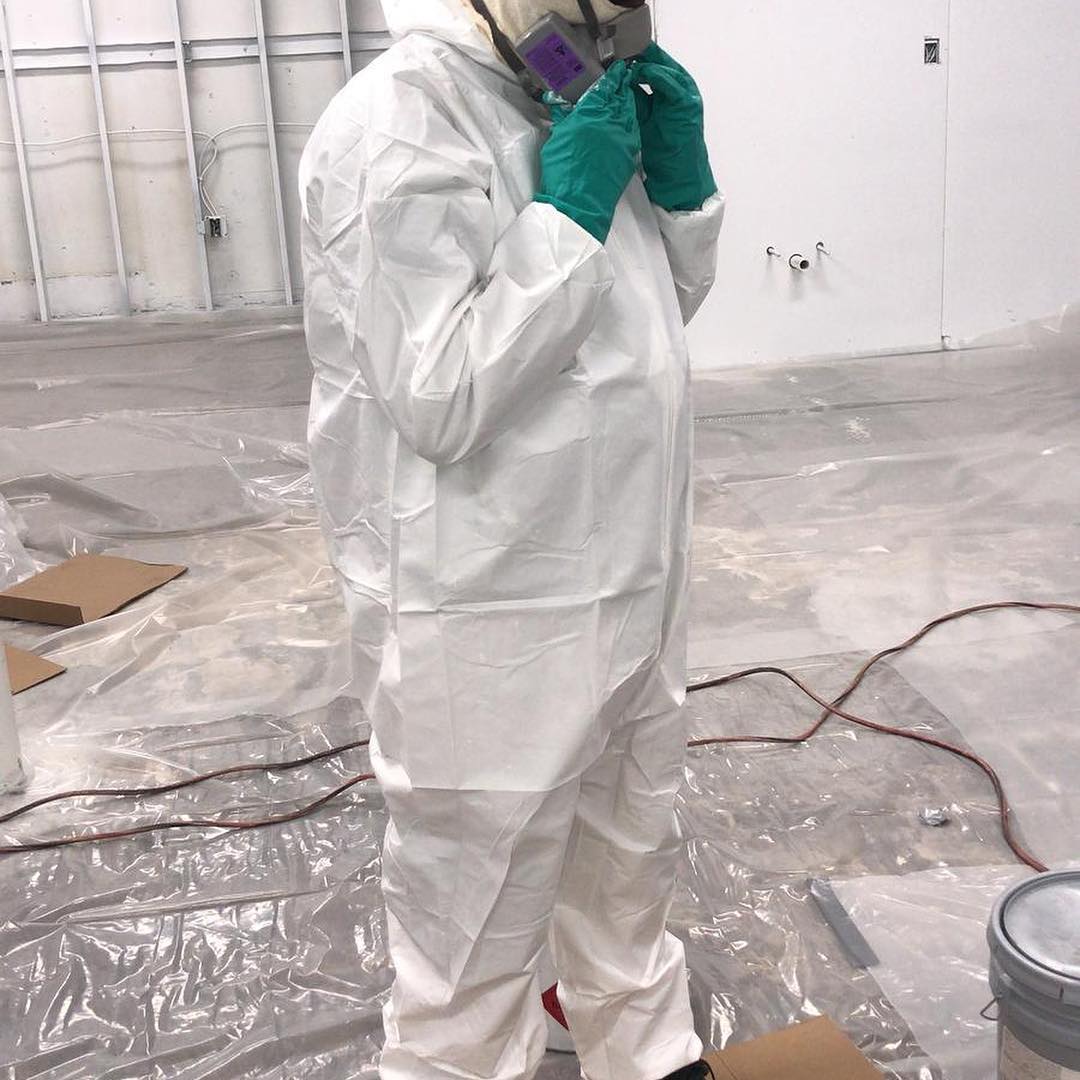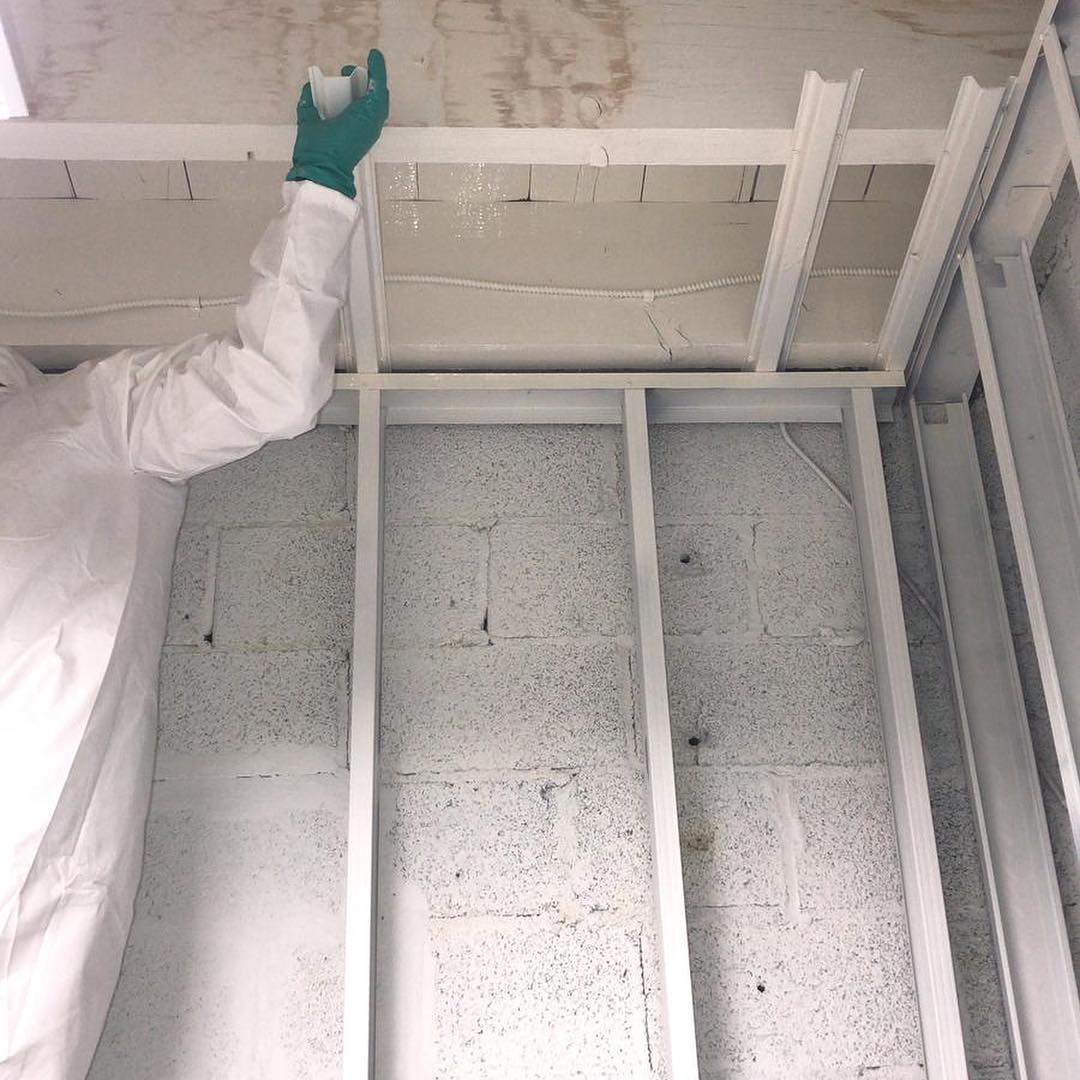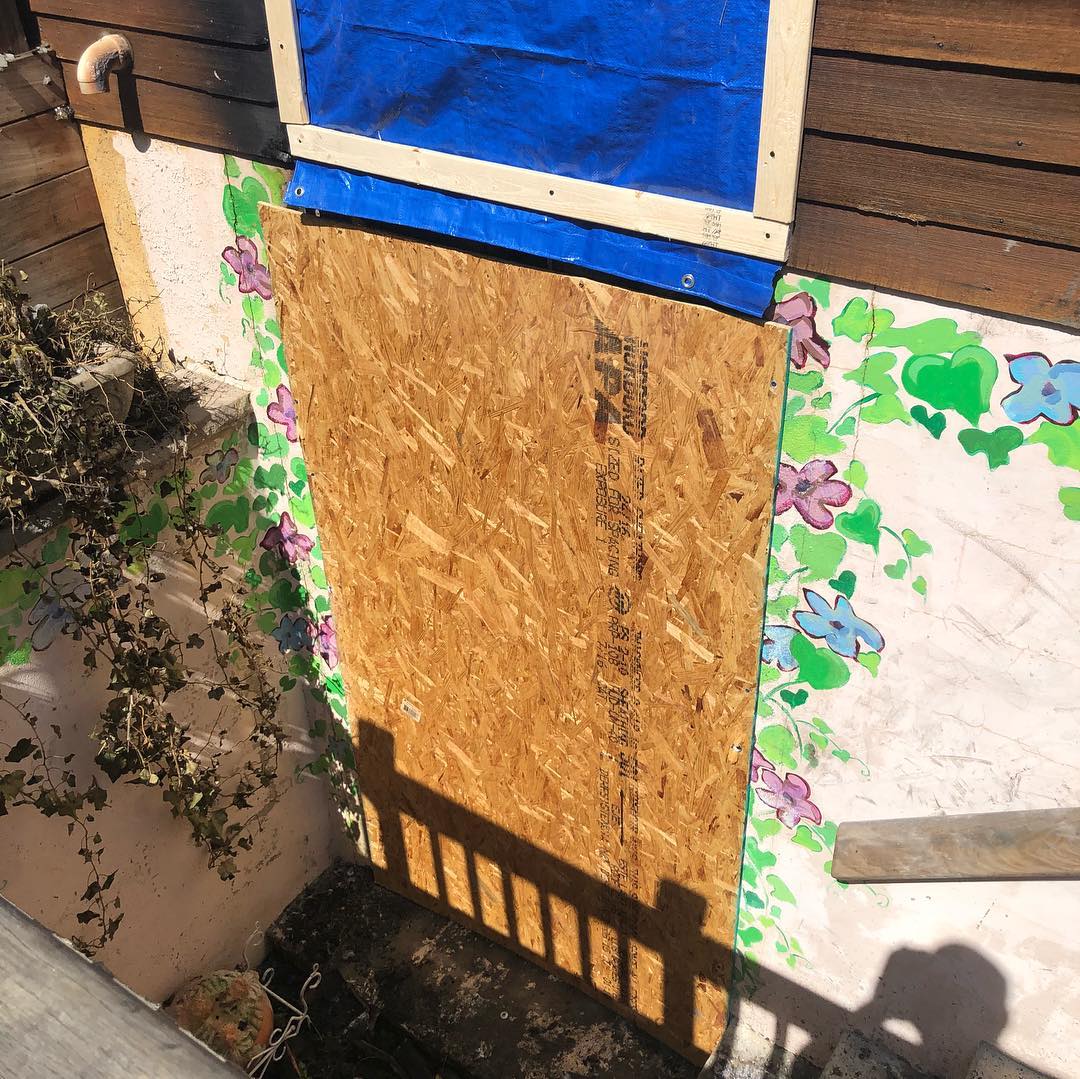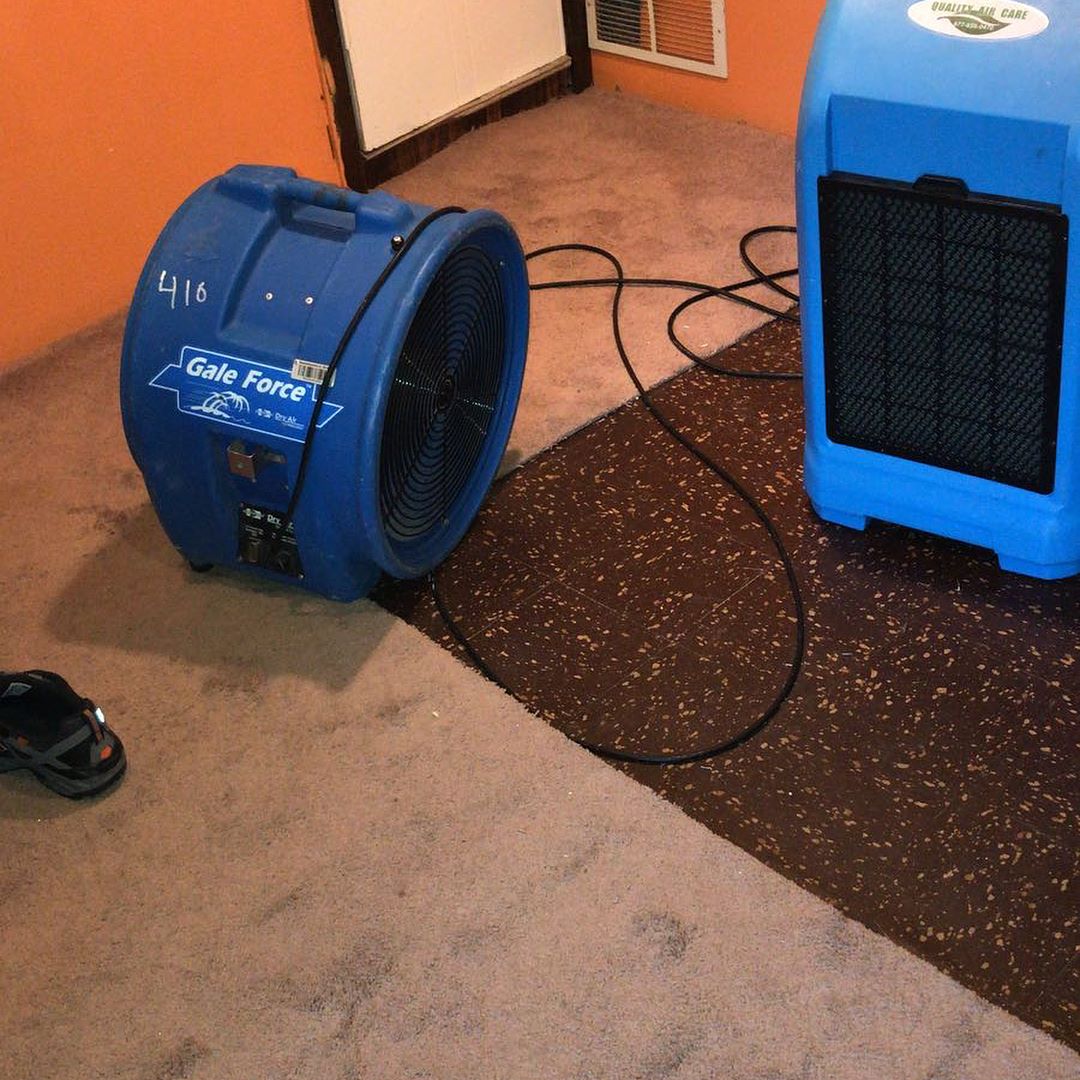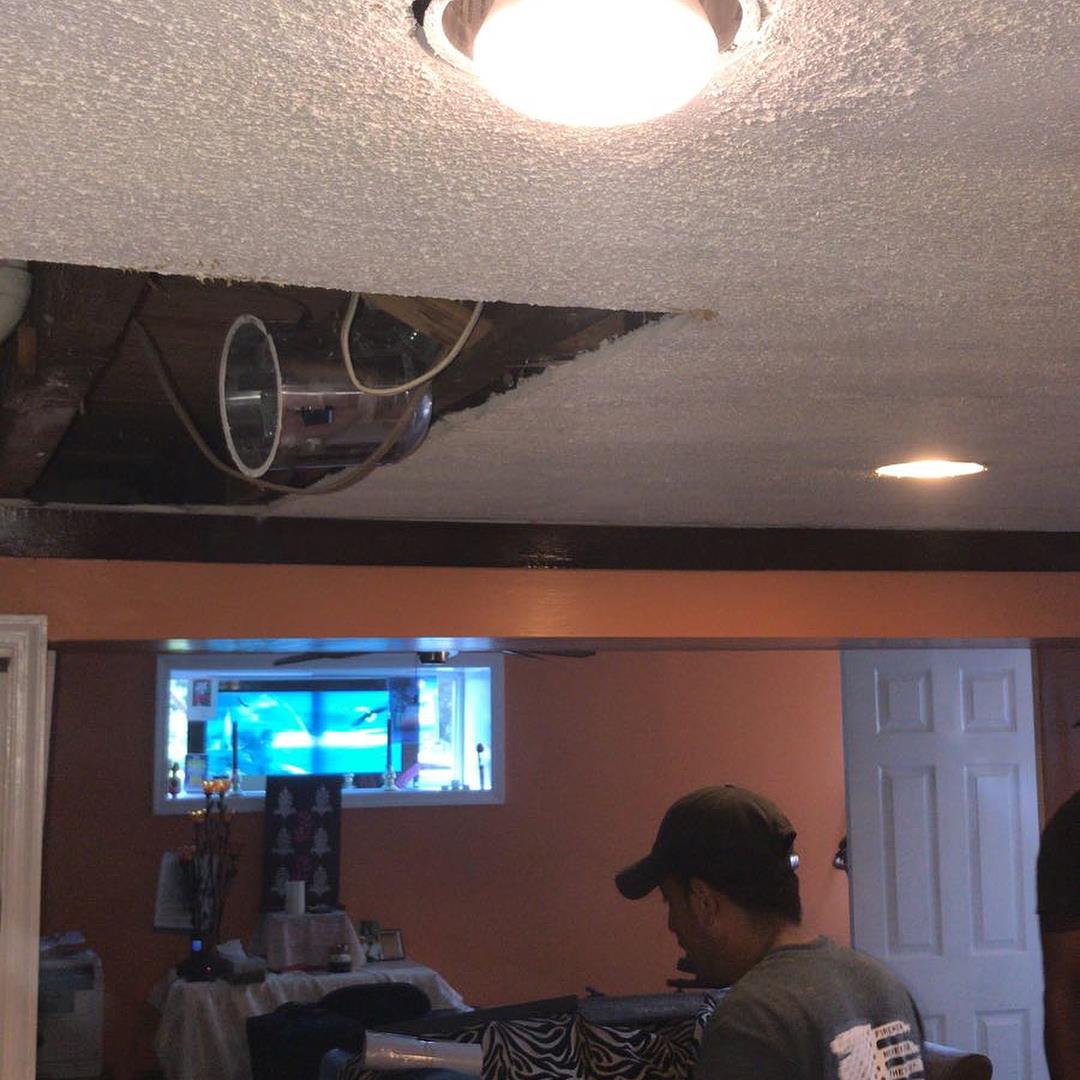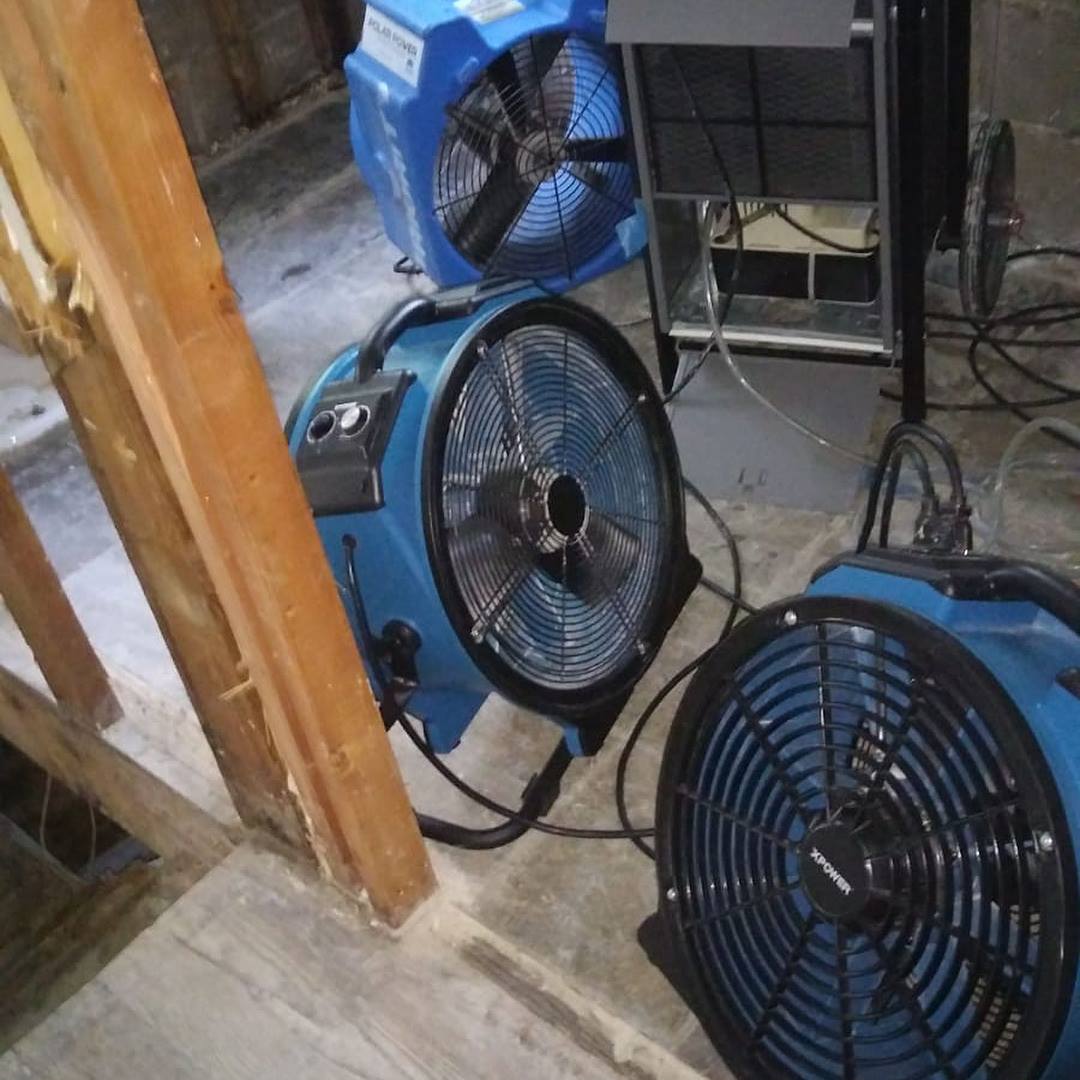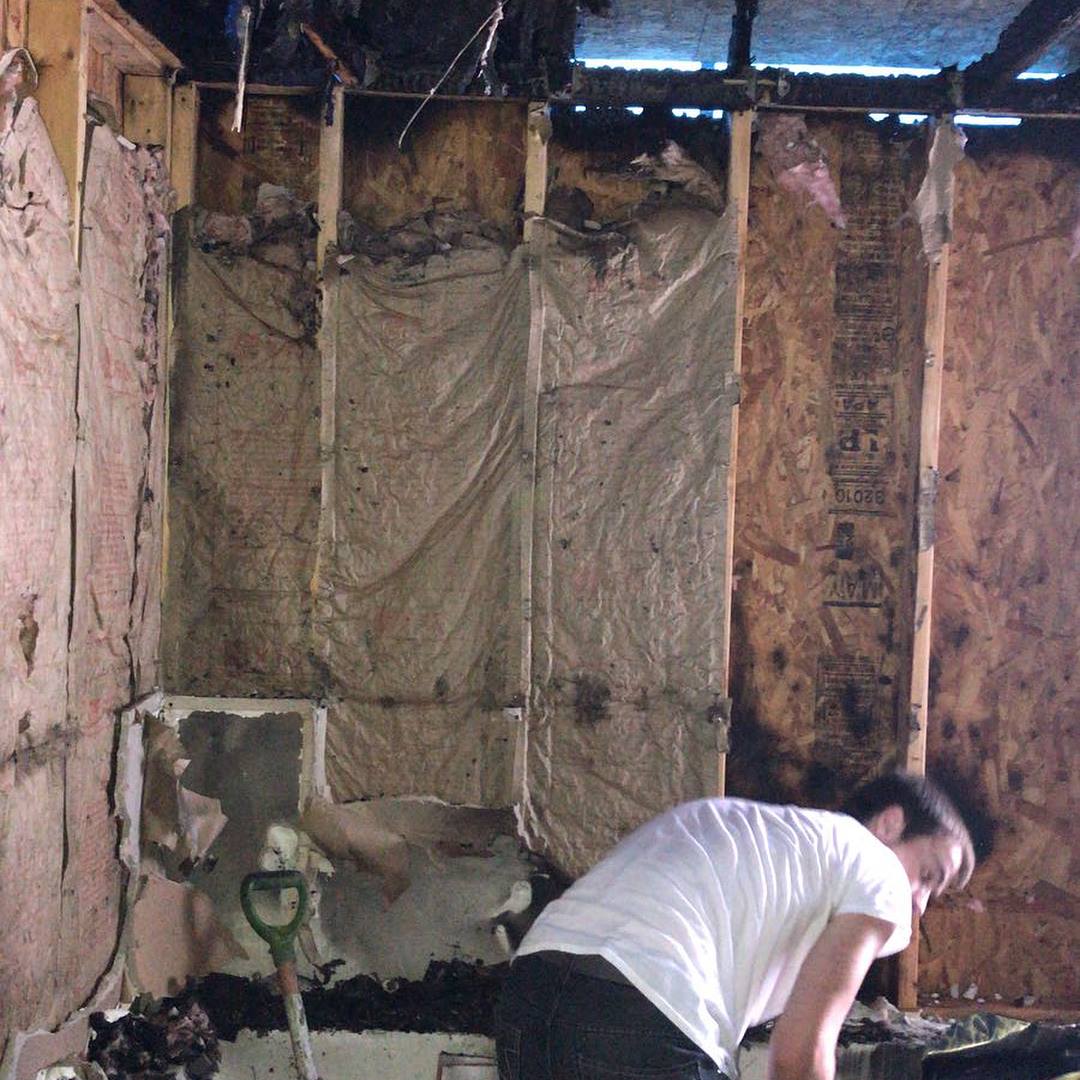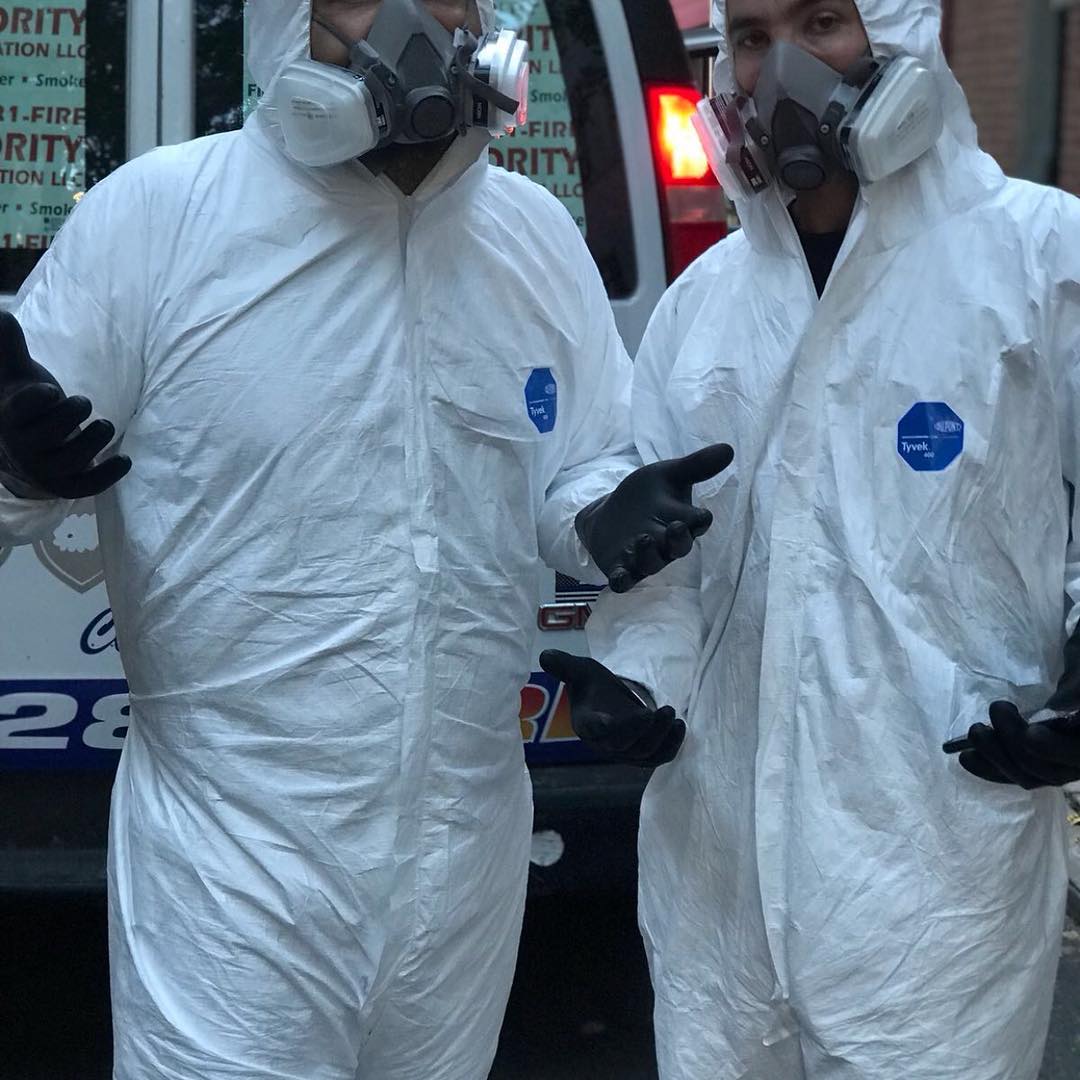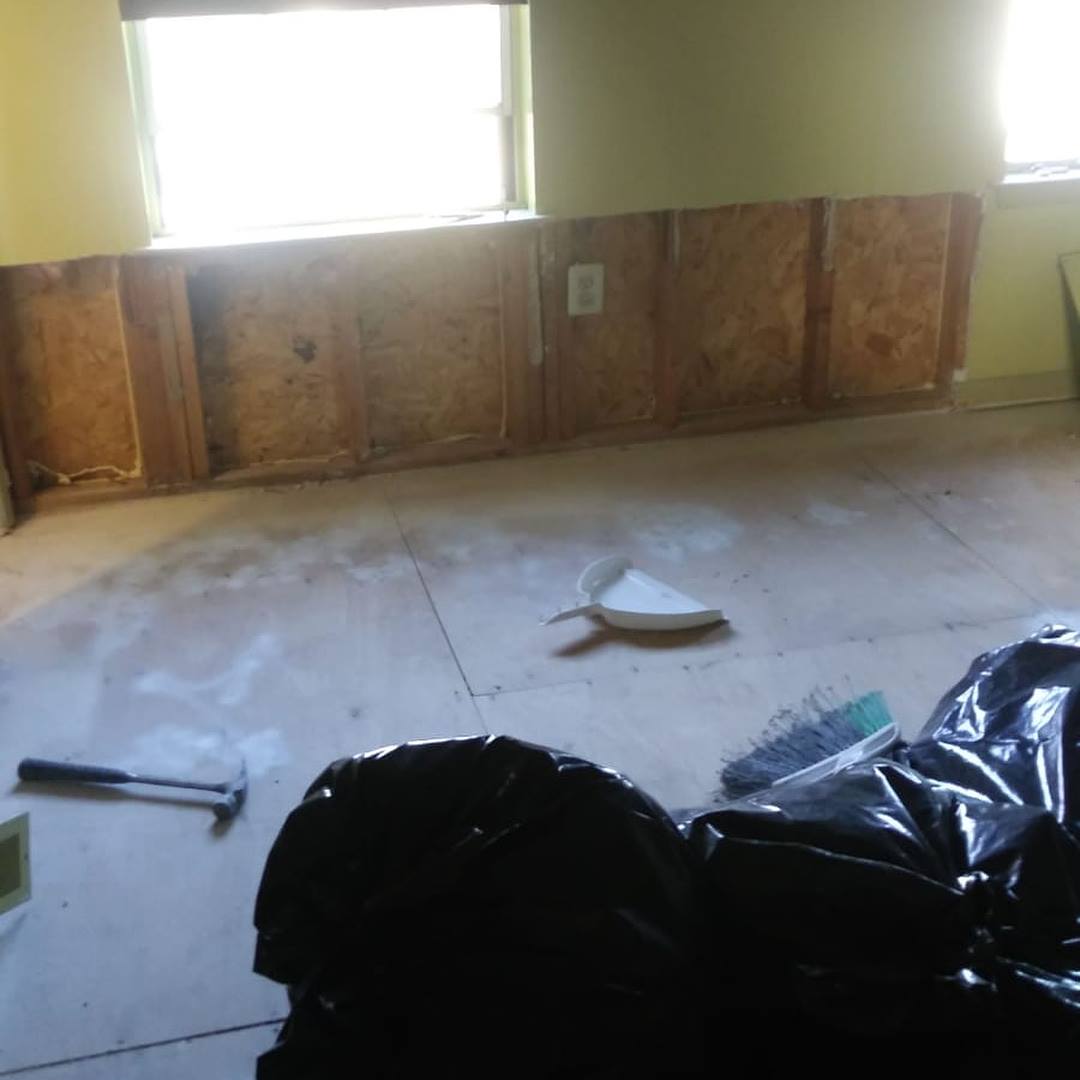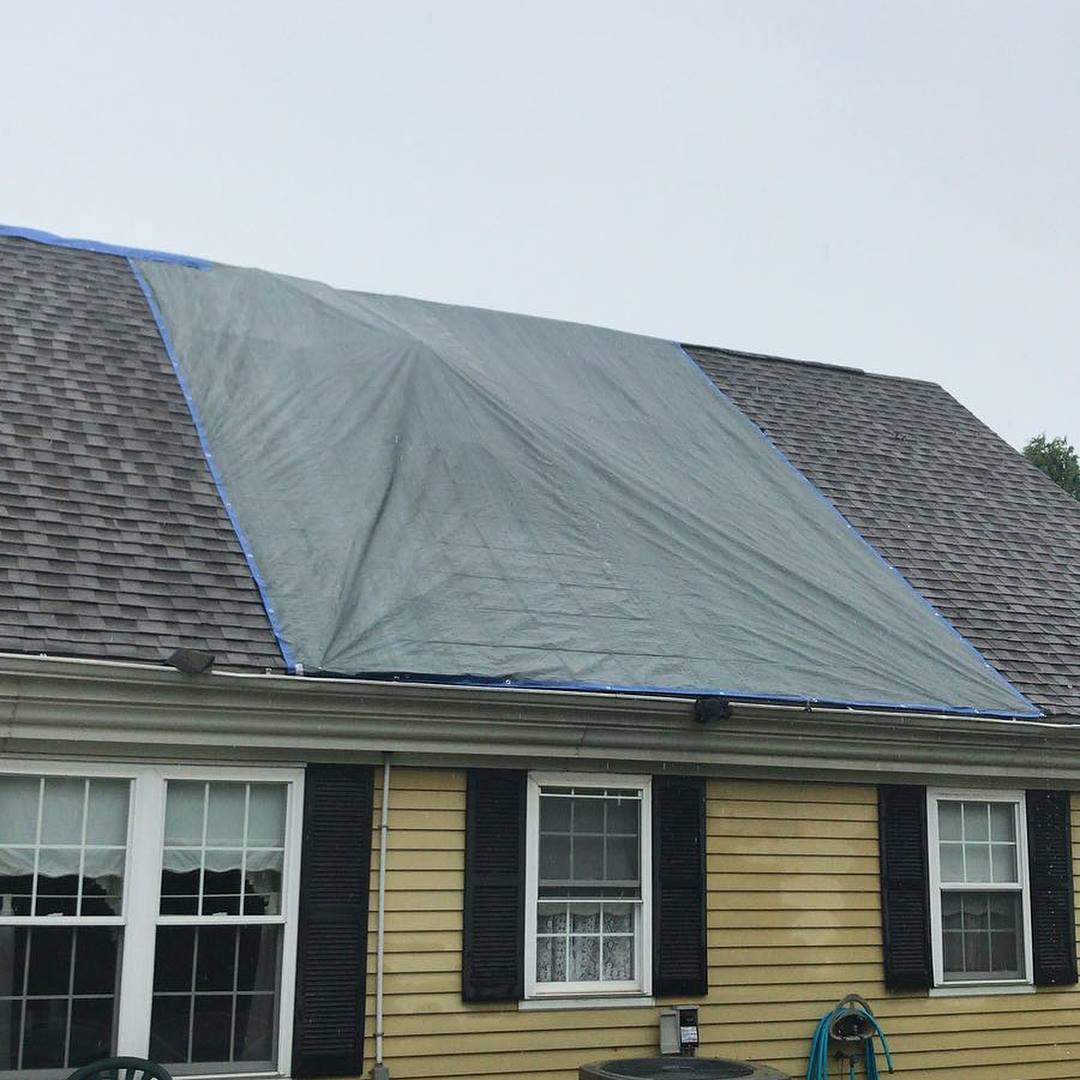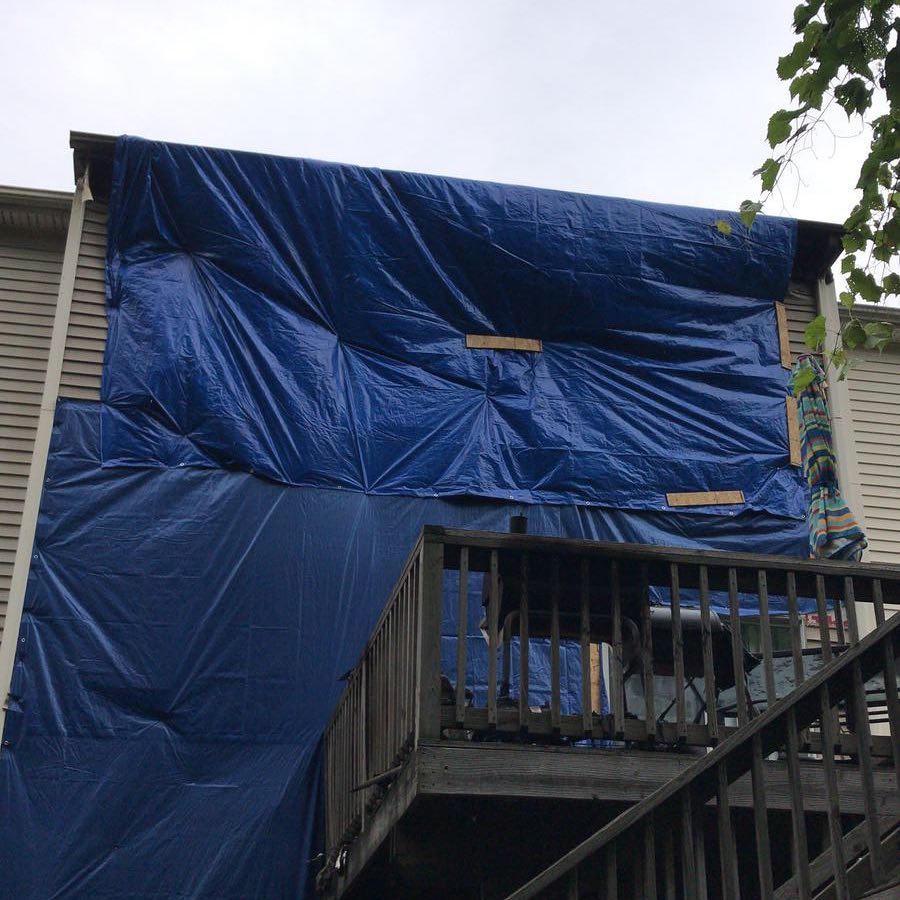
When dealing with kitchen water damage, you need a reliable and local team of Philly damage restoration experts in your corner. We've restored 100s of properties, both residential and commercial, in the Philly area and we're ready to come out and help you 24/7.
We're certified, insured, and work with all insurance companies. We understand how overwhelming it can be dealing with unexpected damage so let us assist you with your claim so you can focus on getting your life back on track.

Request a Free Estimate
or call (445) 234-4123
By submitting the form, you agree to our Terms of Service and Privacy Policy.
When water damage strikes your kitchen, it can be a stressful and overwhelming experience. The experts at Philly Damage Restoration understand the urgency and precision needed to restore your kitchen to its pre-damage condition.
Causes of Kitchen Water Damage
Water damage in the kitchen can stem from several sources. Understanding these causes can help you prevent future incidents and act quickly when they occur.
- Leaking Appliances: Dishwashers, refrigerators with ice makers, and washing machines are common culprits. Over time, hoses can wear out, seals can fail, and connections can become loose, leading to leaks.
- Plumbing Issues: Burst pipes, leaking faucets, and clogged drains can cause significant water damage. Pipes under the sink or within the walls can deteriorate or become damaged, leading to slow leaks or sudden bursts.
- Roof Leaks: In multi-story homes or those with kitchen extensions, a roof leak can trickle down and cause water damage in the kitchen. This is particularly common during Philadelphia's rainy seasons.
- Flooding: Severe weather or plumbing failures can lead to flooding. Philadelphia, with its occasional heavy rains, can see flooding that affects basements and lower floors, including kitchens.
- Condensation and Poor Ventilation: Inadequate ventilation can cause condensation, especially around windows and walls. Over time, this can lead to mold growth and water damage.
Immediate Steps to Take When Water Damage Occurs
When you discover water damage in your kitchen, immediate action is crucial to minimize damage and mold growth.
- Shut Off the Water Source: If the damage is due to a burst pipe or appliance leak, turn off the main water supply to stop the flow of water.
- Turn Off Electricity: Water and electricity are a dangerous combination. Turn off the power to the affected area to prevent electrical hazards.
- Remove Standing Water: Use a wet/dry vacuum or towels to remove as much standing water as possible. The faster you can remove the water, the less damage will occur.
- Move Furniture and Appliances: Relocate any furniture and appliances to prevent further damage. Place aluminum foil or wooden blocks under the legs of heavy furniture that can't be moved.
- Ventilate the Area: Open windows and doors to allow air circulation. Use fans and dehumidifiers to speed up the drying process.
The Kitchen Water Damage Restoration Process
Philly Damage Restoration follows a meticulous process to ensure your kitchen is fully restored.
- Assessment and Inspection: Our team conducts a thorough inspection to determine the extent of the damage. This includes checking for hidden moisture in walls, floors, and cabinets.
- Water Removal: Using industrial-grade equipment, we extract standing water quickly and efficiently.
- Drying and Dehumidification: High-powered air movers and dehumidifiers are used to dry out the affected areas. This step is crucial to prevent mold growth and secondary water damage.
- Cleaning and Sanitizing: We clean and sanitize all surfaces to remove contaminants and prevent bacterial growth. This includes cleaning ducts, vents, and hidden spaces.
- Restoration and Repairs: Depending on the extent of the damage, restoration may involve minor repairs like replacing drywall and insulation or major repairs like reconstructing entire sections of the kitchen.
Preventing Future Kitchen Water Damage
Prevention is the best defense against kitchen water damage. Here are some tips to help you safeguard your kitchen:
- Regular Maintenance: Inspect and maintain kitchen appliances and plumbing regularly. Replace old hoses and seals to prevent leaks.
- Install Water Alarms: Water alarms can alert you to leaks early, allowing you to take action before significant damage occurs.
- Improve Ventilation: Ensure your kitchen is well-ventilated to prevent condensation. Use exhaust fans and dehumidifiers as needed.
- Check for Leaks: Regularly inspect under sinks, around appliances, and behind walls for signs of leaks or moisture.
- Upgrade Plumbing: Consider upgrading old plumbing to more durable materials like PEX or copper to reduce the risk of leaks and bursts.
Homeowners Insurance and Water Damage
Navigating homeowners insurance claims can be complex. Here’s what you need to know about insurance coverage for kitchen water damage:
- Coverage for Sudden and Accidental Damage: Most homeowners insurance policies cover sudden and accidental water damage, such as burst pipes or appliance malfunctions. However, gradual damage caused by lack of maintenance may not be covered.
- Flood Damage: Standard homeowners insurance policies typically do not cover flood damage. If you live in a flood-prone area in Philadelphia, consider purchasing separate flood insurance.
- Documenting the Damage: Take detailed photos and videos of the damage as soon as it occurs. This documentation will be crucial when filing your insurance claim.
- Filing a Claim: Contact your insurance company promptly to report the damage. Provide them with the documentation and an estimate from a professional restoration company like Philly Damage Restoration.
- Insurance Adjuster Inspection: An adjuster from your insurance company will inspect the damage. It’s beneficial to have a restoration professional present during this inspection to ensure all damage is accounted for.
- Understanding Your Policy: Review your insurance policy to understand what is covered and any exclusions. This will help you avoid surprises during the claims process.
Why Choose Philly Damage Restoration?
Philly Damage Restoration is your trusted partner in kitchen water damage restoration in Philadelphia. Here’s why homeowners choose us:
- 24/7 Emergency Services: Water damage can occur at any time. Our team is available 24/7 to respond to emergencies quickly.
- Experienced Professionals: Our certified technicians have years of experience in water damage restoration. We use the latest equipment and techniques to restore your kitchen efficiently.
- Local Expertise: As a Philadelphia-based company, we understand the unique challenges that homeowners in this area face. We’re familiar with local building codes and insurance requirements.
- Comprehensive Services: From initial assessment to complete restoration, we handle every aspect of the restoration process. This includes working with your insurance company to streamline the claims process.
- Customer Satisfaction: We prioritize customer satisfaction. Our goal is to restore your kitchen to its pre-damage condition with minimal disruption to your life.
Water damage in your kitchen can be a daunting experience, but with the right knowledge and professional help, you can restore your space quickly and effectively. Philly Damage Restoration is here to assist you every step of the way, from immediate response and thorough restoration to navigating insurance claims.
Frequently Asked Questions About Kitchen Water Damage in Philly
Common causes of kitchen water damage include leaking appliances (such as dishwashers and refrigerators), plumbing issues (like burst pipes and clogged drains), roof leaks, flooding, and condensation due to poor ventilation. Regular maintenance and inspections can help prevent these issues.





















